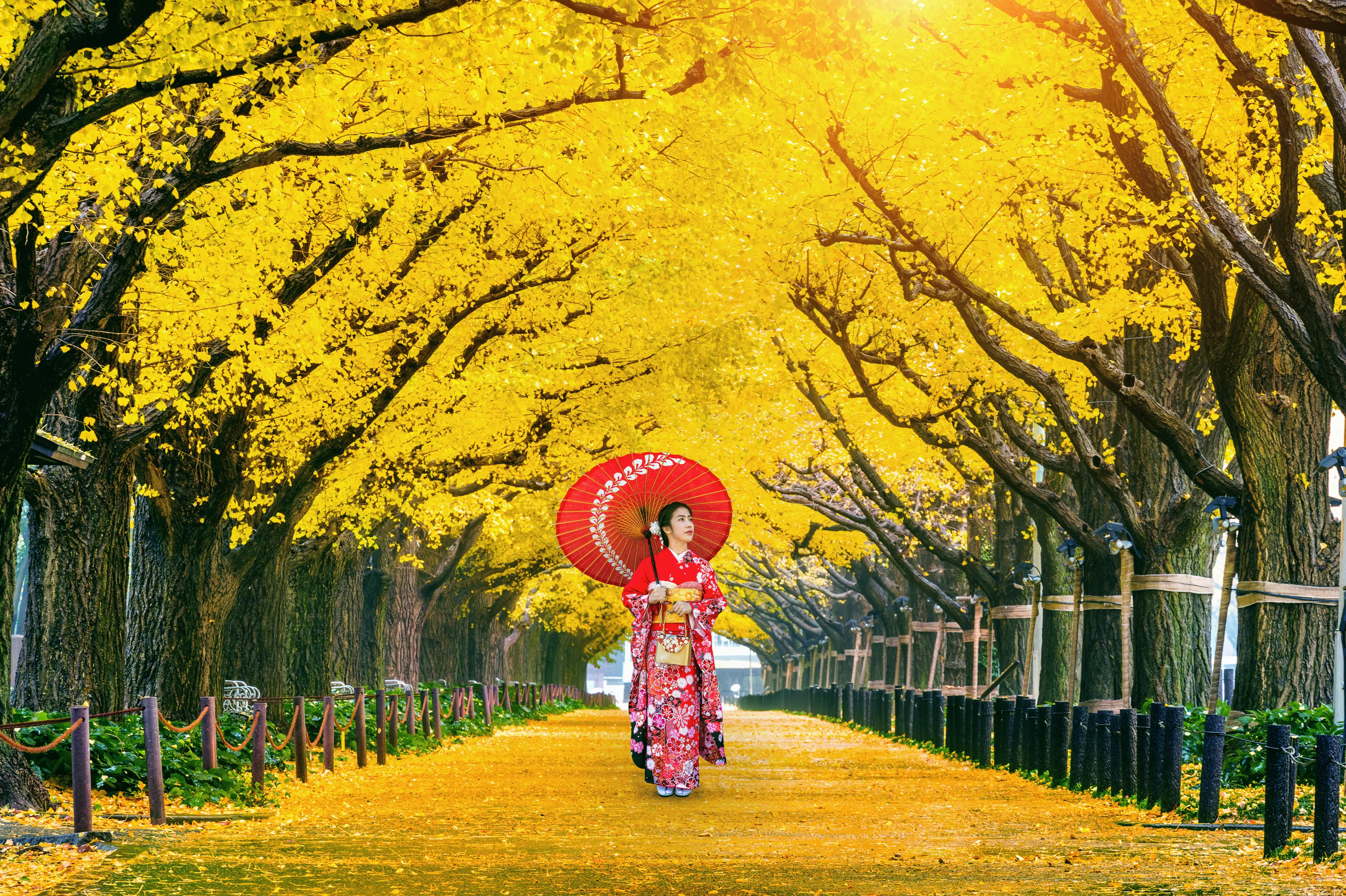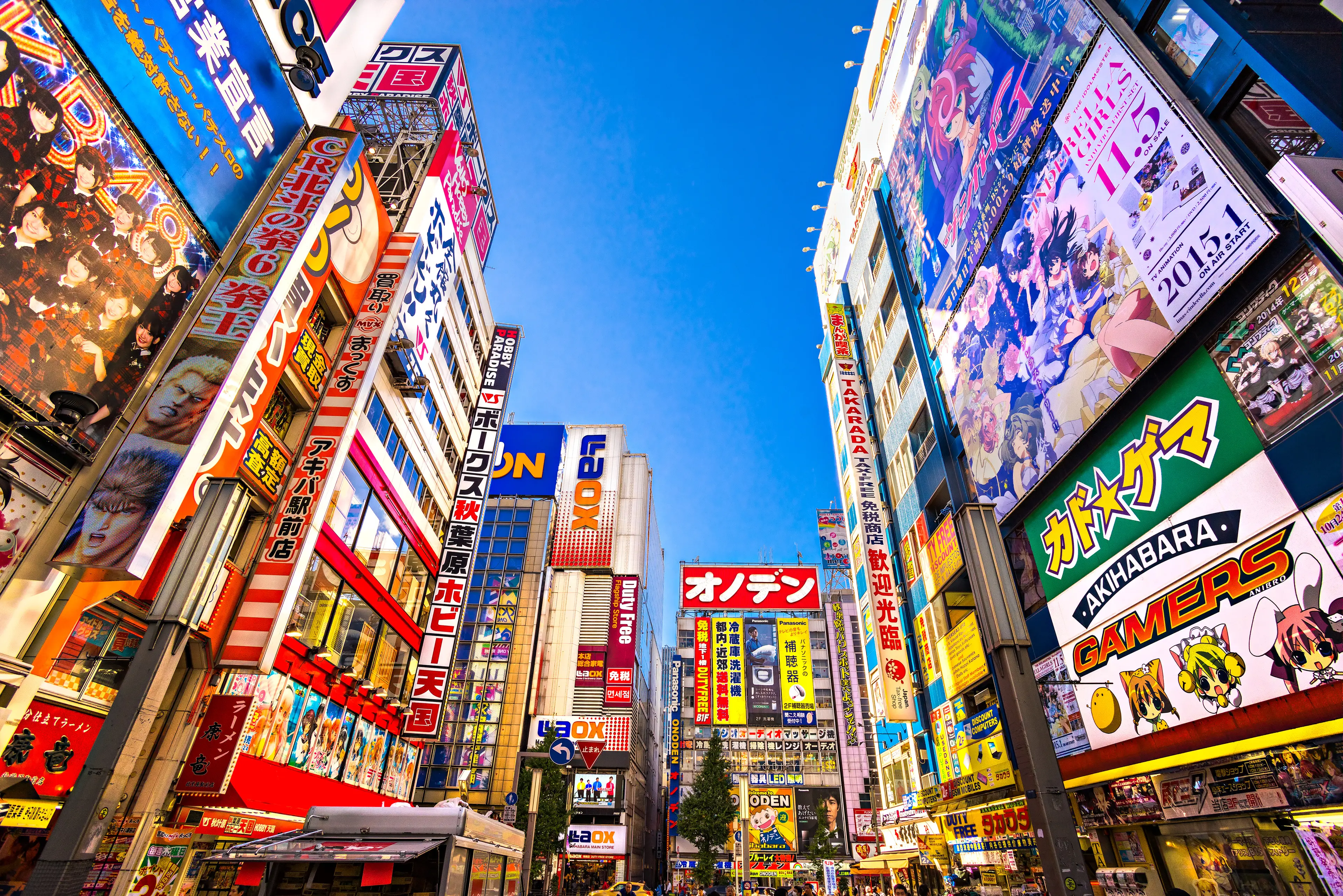5-Day Solo Adventure: Undiscovered Tokyo for Relaxation & Excitement
Tokyo, Japan
5 days
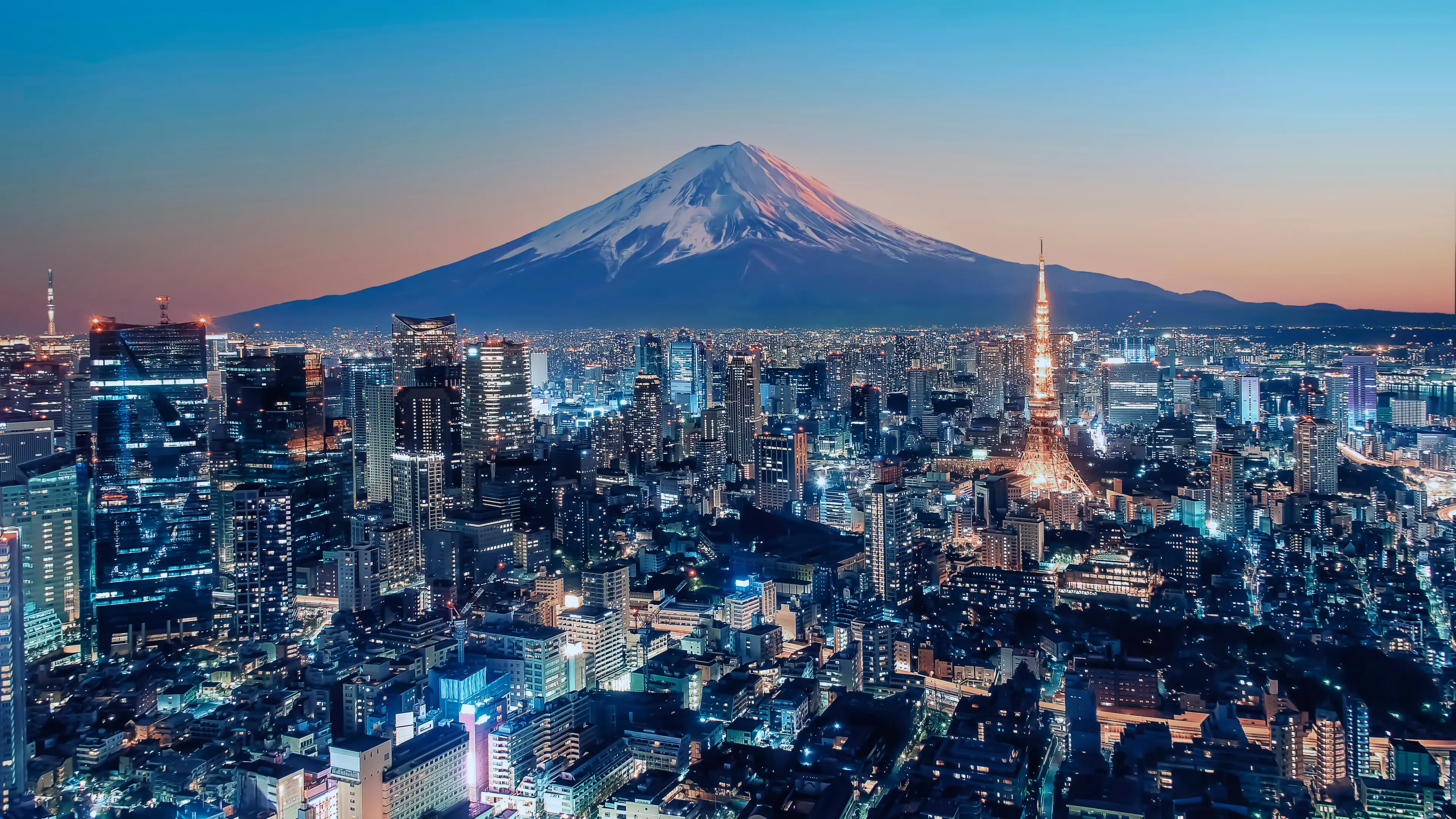
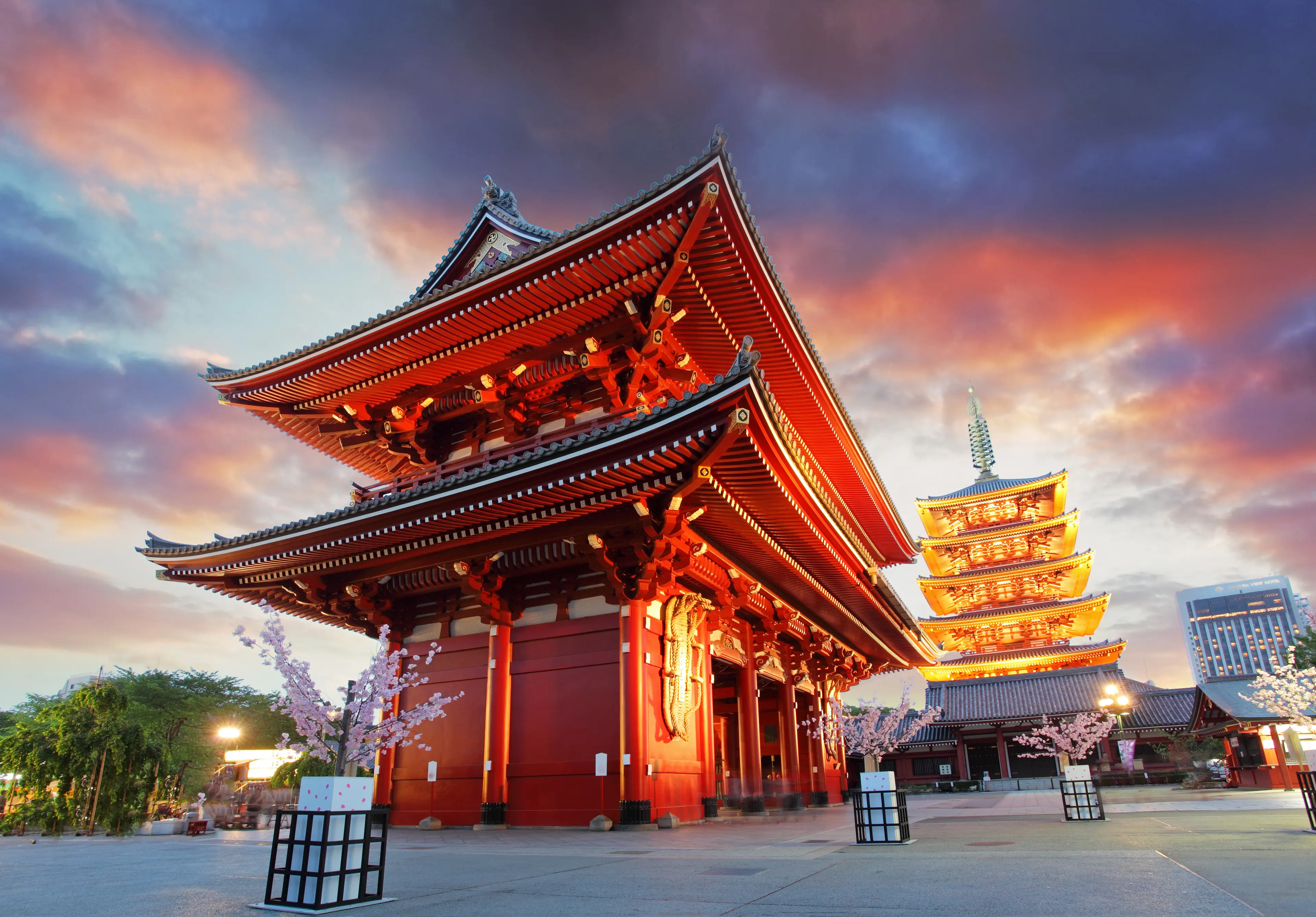
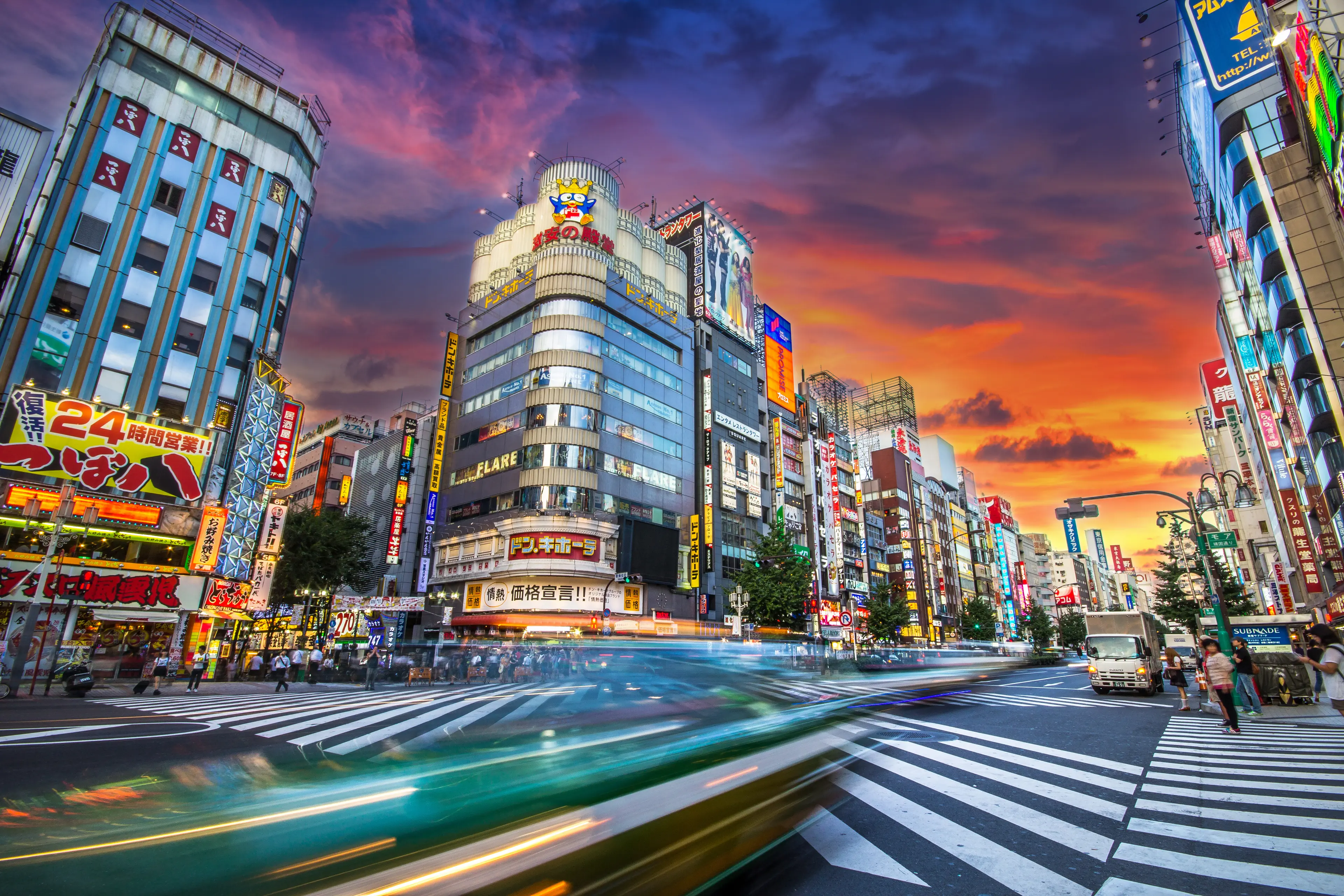
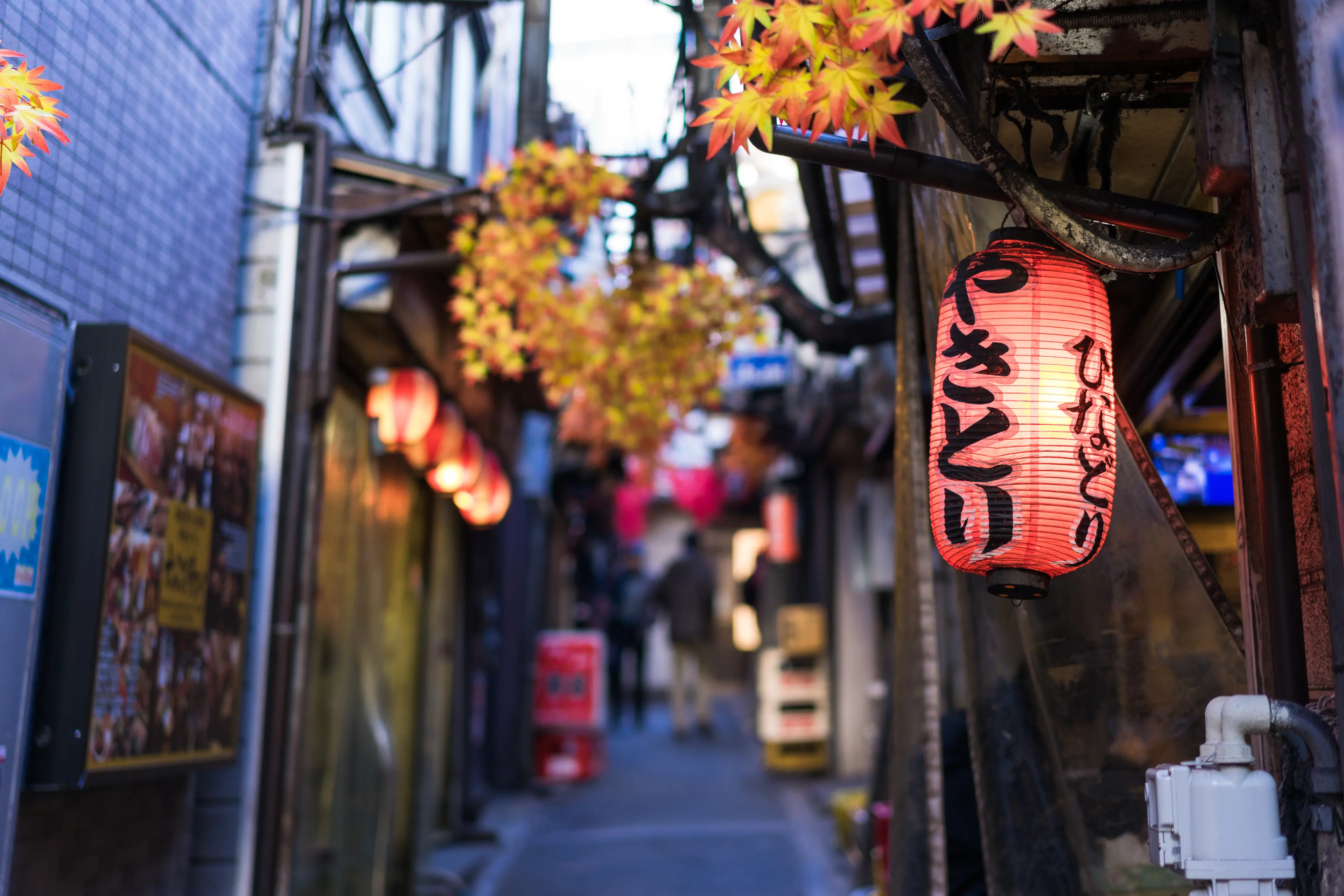
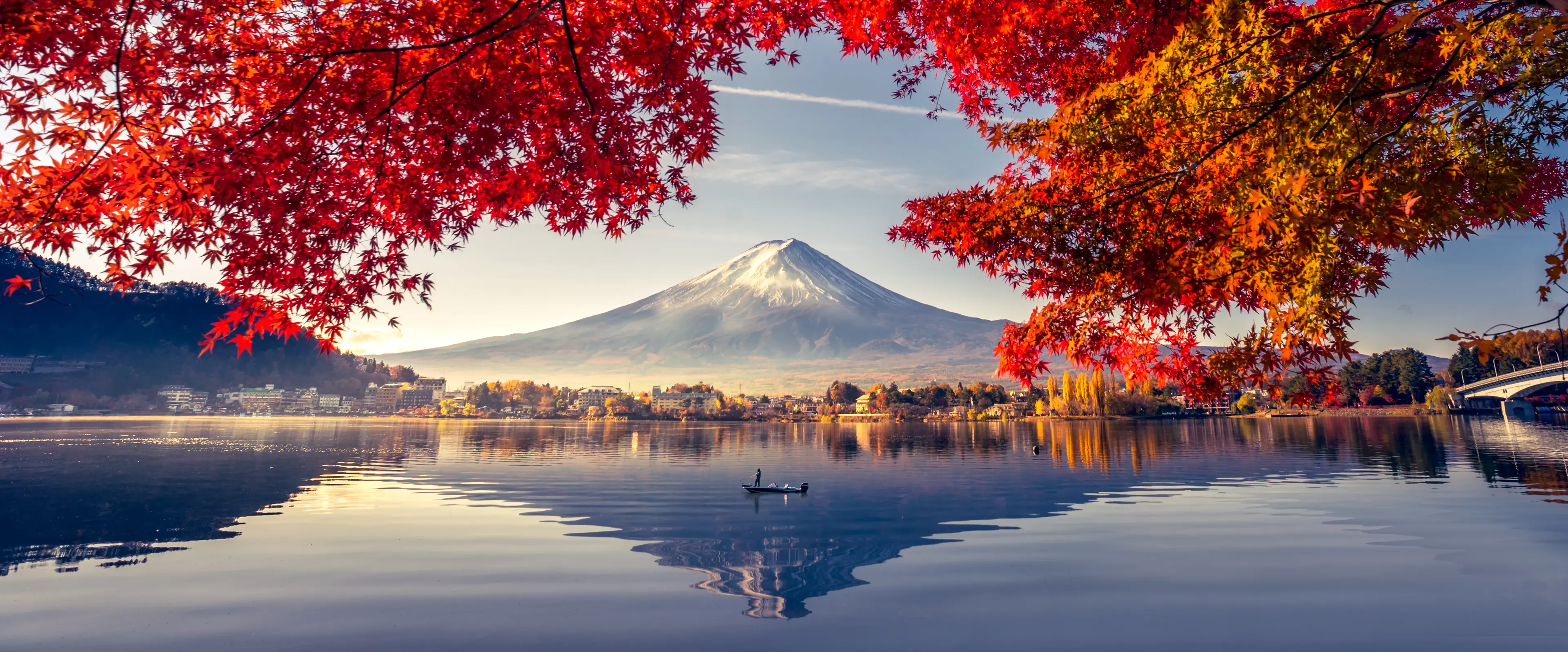
About Tokyo, Japan
Experience the vibrant culture and modern marvels of Tokyo, Japan's bustling capital. Marvel at the city's iconic landmarks like the Tokyo Tower, Meiji Shrine, and the historic Imperial Palace. Explore the world-renowned Tsukiji Fish Market and savor authentic sushi. Wander through the neon-lit streets of Shibuya and Shinjuku, and immerse yourself in the unique pop culture of Harajuku. Visit Akihabara for cutting-edge electronics and anime goods. Experience tranquility in the midst of urban chaos at Ueno Park and its zoo. Enjoy a panoramic view of the city from the Tokyo Skytree. Tokyo seamlessly blends tradition and innovation, offering a rich cultural experience, from traditional tea ceremonies to high-tech robot restaurants. Whether you're a foodie, a history buff, or a shopaholic, Tokyo has something for everyone.
5-Day Itinerary
Day 2
Historic Asakusa and Vibrant Shinjuku
Morning
Start your day with a visit to a historic temple. This temple is one of the oldest and most important in Tokyo.
Lunch
Have lunch at a local ramen shop. Try the rich and flavorful broth and the perfectly cooked noodles.
Afternoon
Explore the local shopping street, where you can find a variety of traditional Japanese goods and souvenirs.
Dinner
Dine at a local izakaya, a type of informal Japanese pub. Try a variety of small dishes and enjoy the lively atmosphere.
Evening
Visit a local karaoke bar. Sing your heart out and enjoy the fun and friendly atmosphere.
Day 3
Art and Nature in Roppongi and Shibuya
Morning
Start your day with a visit to a local art museum. This museum features a variety of contemporary Japanese art.
Lunch
Enjoy a bento box lunch at a local restaurant. These lunch boxes are a traditional Japanese meal and include a variety of dishes.
Afternoon
Visit a local park for a relaxing stroll. This park is known for its beautiful Japanese garden and peaceful atmosphere.
Dinner
Have dinner at a local sushi restaurant. Try the fresh and delicious sushi, made by skilled sushi chefs.
Evening
End your day with a visit to a local sake bar. Try a variety of Japanese sakes and enjoy the cozy atmosphere.
Day 4
Fashion and Food in Harajuku and Shibuya
Morning
Start your day with a visit to a local shrine. This shrine is known for its beautiful architecture and peaceful atmosphere.
Lunch
Have lunch at a local okonomiyaki restaurant. This is a type of Japanese pancake that is filled with a variety of ingredients.
Afternoon
Explore the local shopping street, where you can find a variety of trendy and unique fashion items.
Dinner
Dine at a local yakitori restaurant. These are skewers of grilled chicken, a popular dish in Japan.
Evening
Visit a local live music venue. Enjoy the music and the lively atmosphere.
Day 5
Culture and Relaxation in Ueno and Odaiba
Morning
Start your day with a visit to a local park. This park is known for its beautiful views of the city and its peaceful atmosphere.
Lunch
Enjoy a soba noodle lunch at a local restaurant. These noodles are a traditional Japanese dish and are served in a flavorful broth.
Afternoon
Visit a local museum. This museum features a variety of exhibits on Japanese history and culture.
Dinner
Have dinner at a local tempura restaurant. Try the crispy and delicious tempura, a traditional Japanese dish.
Evening
End your trip with a visit to a local onsen. Relax in the hot springs and reflect on your trip.
Attractions in Itinerary (10)

1Art Museum in Roppongi
A modern art museum located in the Roppongi district, known for its contemporary art exhibitions from Japan and around the world.

2Asakusa Temple
Asakusa Temple, also known as Senso-ji, is an ancient Buddhist temple located in Asakusa, Tokyo. It is Tokyo's oldest temple and one of its most significant.

3Hama-rikyu Gardens
A large, attractive landscape garden in central Tokyo. It was originally built as a feudal lord's Tokyo residence and duck hunting grounds during the Edo Period.

4Museum in Ueno
A museum located in the Ueno district, known for its extensive collection of art and cultural artifacts.

5Onsen in Odaiba
A traditional Japanese hot spring (onsen) located in the Odaiba district, known for its relaxing and therapeutic properties.

6Park in Ueno
A spacious public park located in the Ueno district, known for its beautiful cherry blossoms, zoo, and multiple museums.

7Shinjuku Gyoen National Garden
One of Tokyo's largest and most popular parks, it boasts three distinct styles: French Formal, English Landscape and Japanese traditional.

8Shrine in Harajuku
A Shinto shrine located in the Harajuku district, known for its tranquil atmosphere amidst the bustling city.

9Takeshita Street
A bustling pedestrian street in the Harajuku neighborhood, known for its fashion boutiques, cafes, and street food stalls.
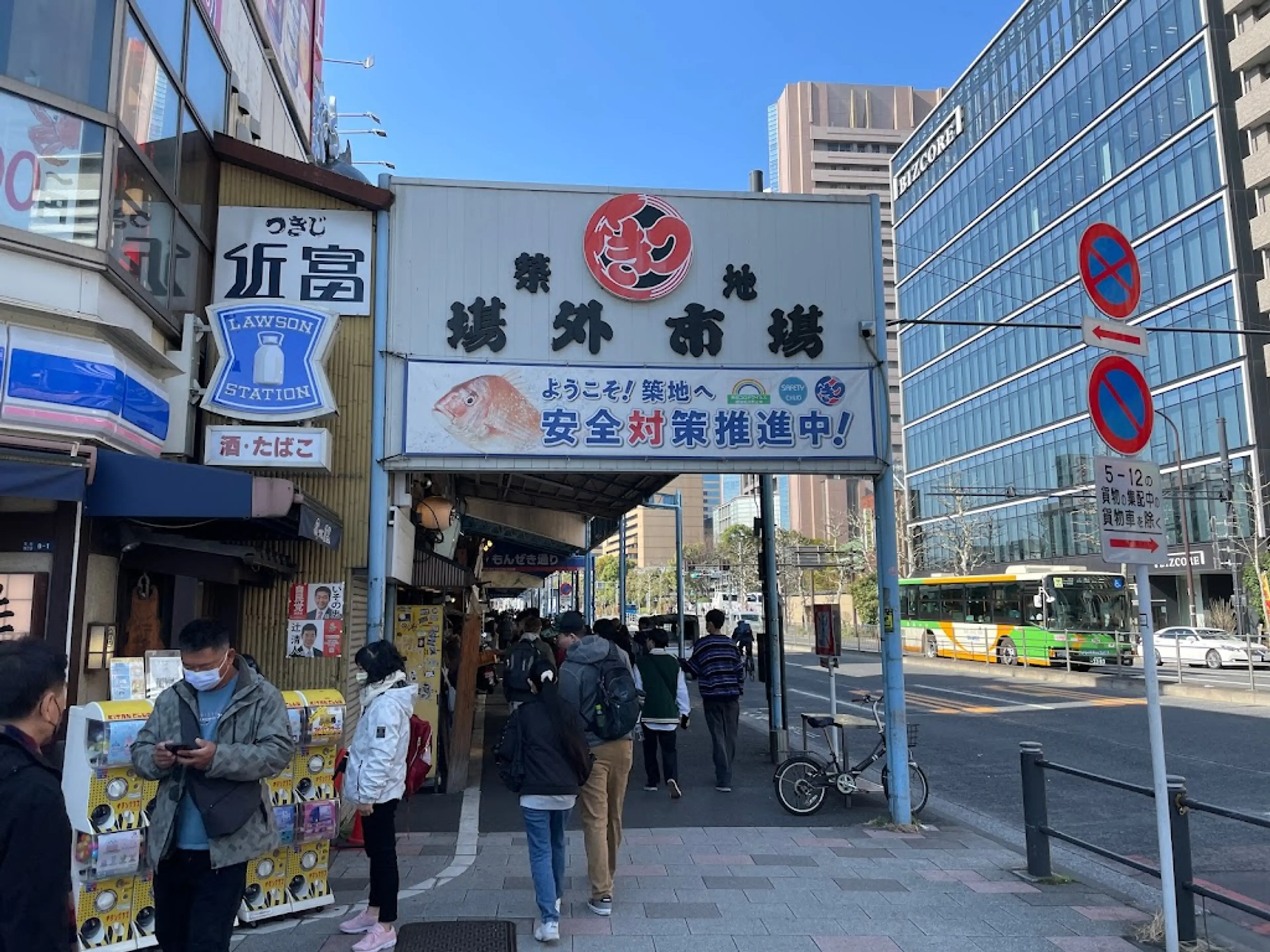
10Tsukiji Fish Market
One of the largest wholesale fish markets in the world, offering a unique insight into the seafood industry.
Local Food and Drinks (12)
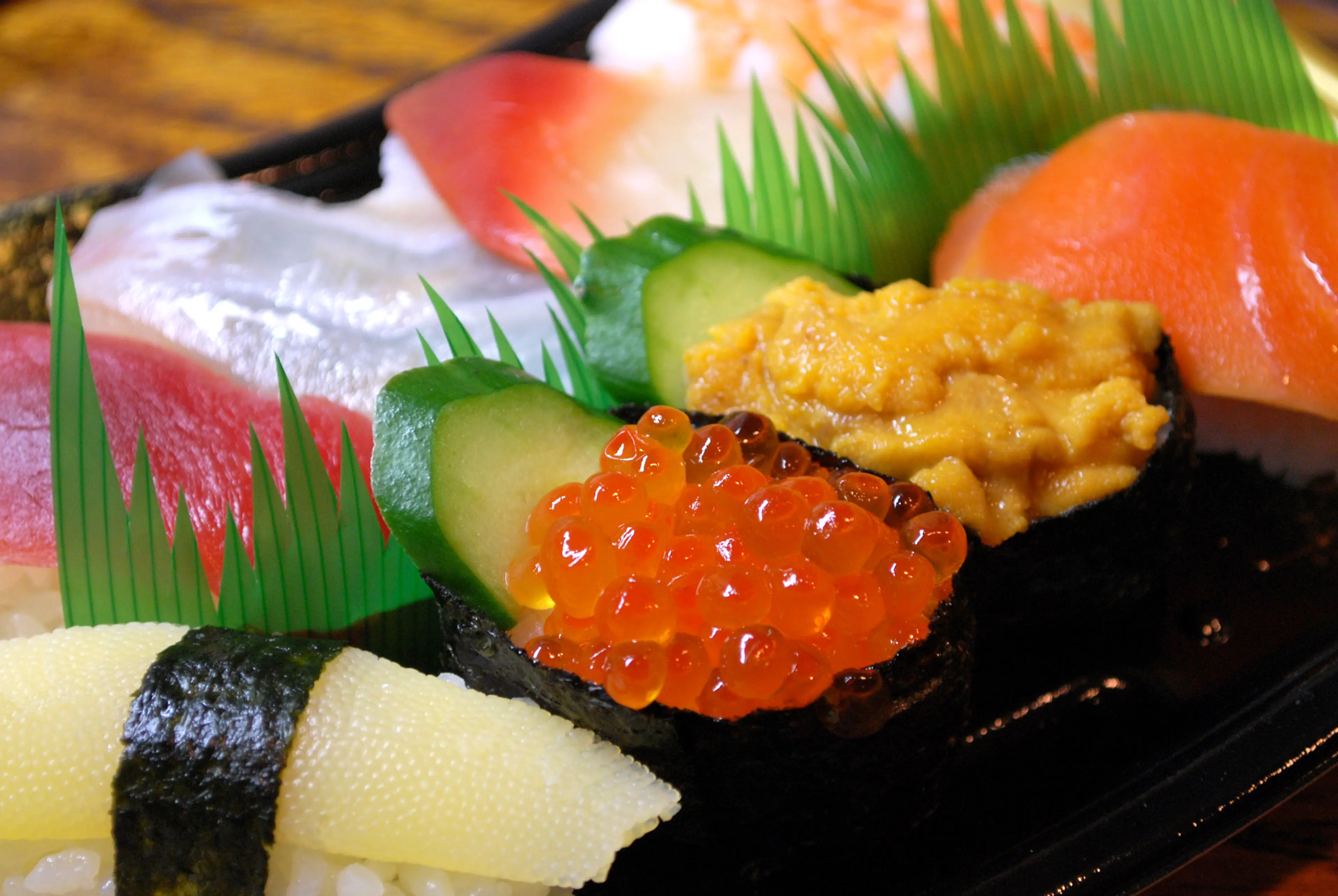
Sushi
A world-renowned Japanese dish, sushi is a must-try when in Tokyo. It consists of vinegared rice combined with various ingredients, such as raw or cooked seafood, and vegetables.
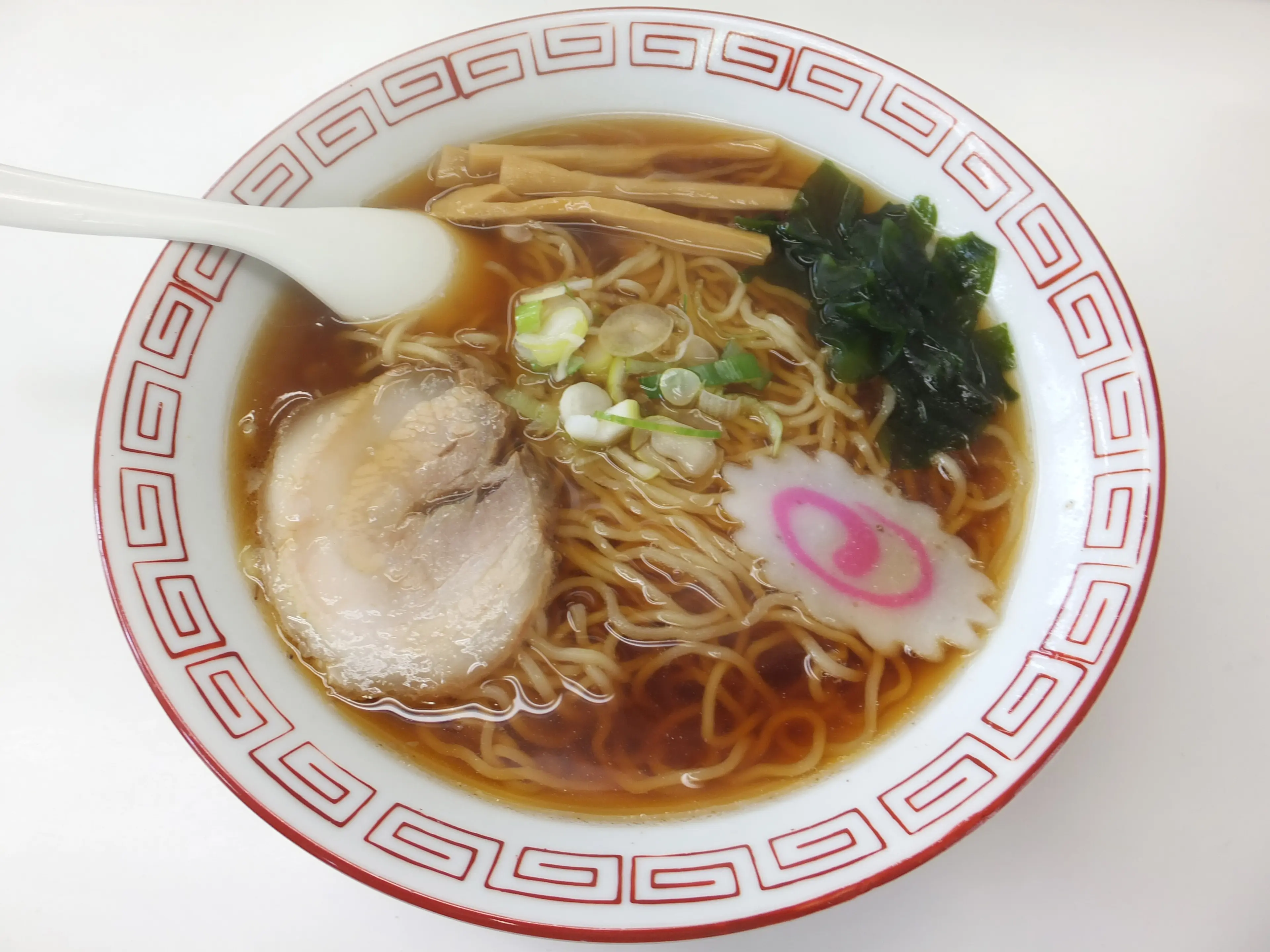
Ramen
Ramen is a popular noodle soup dish in Japan. It comes in various flavors like soy sauce, pork bone, and miso. A must-try comfort food when visiting Tokyo.
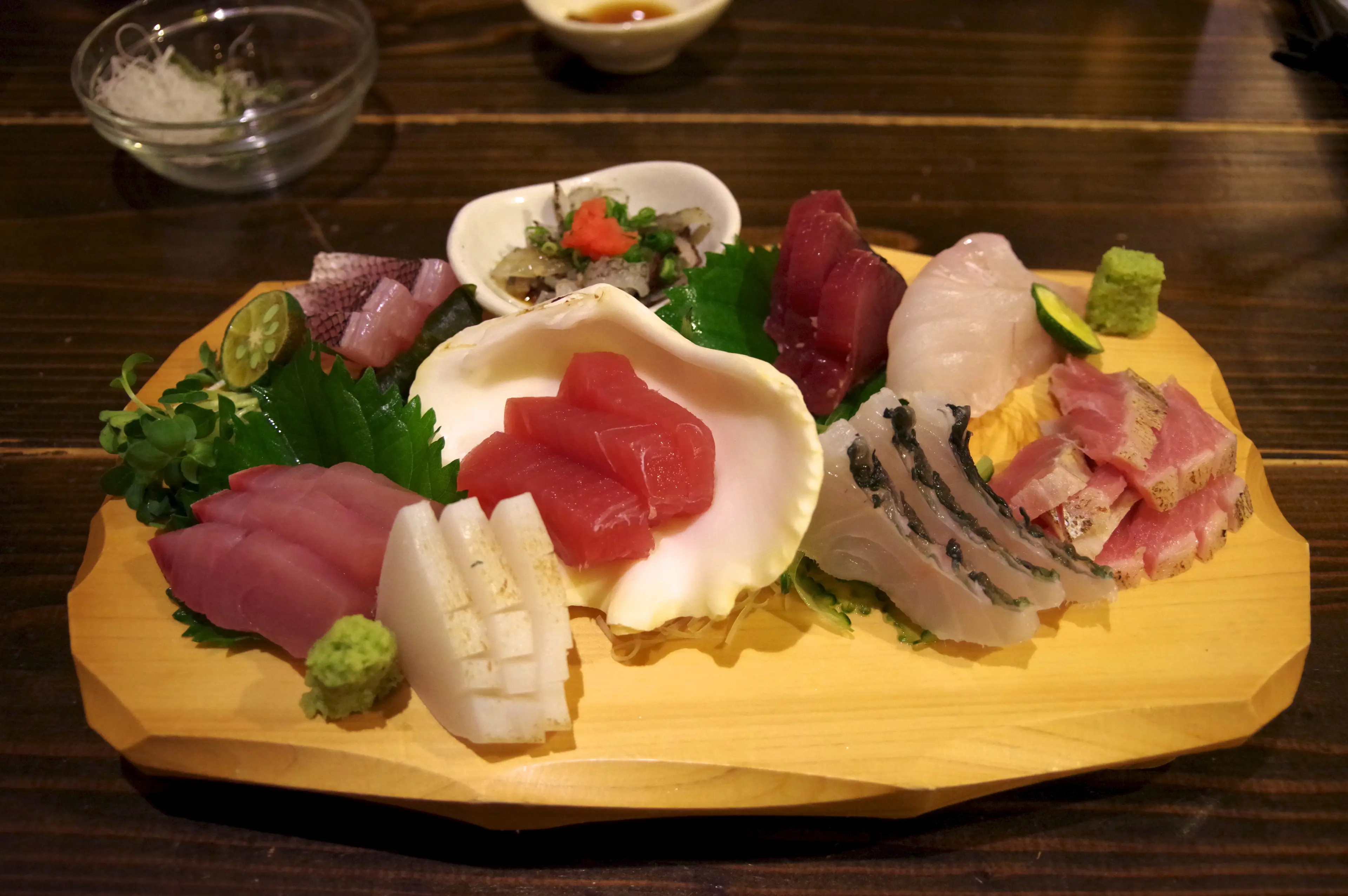
Sashimi
Sashimi is a traditional Japanese delicacy consisting of fresh raw fish or seafood sliced into thin pieces. It's a must-try for seafood lovers visiting Tokyo.
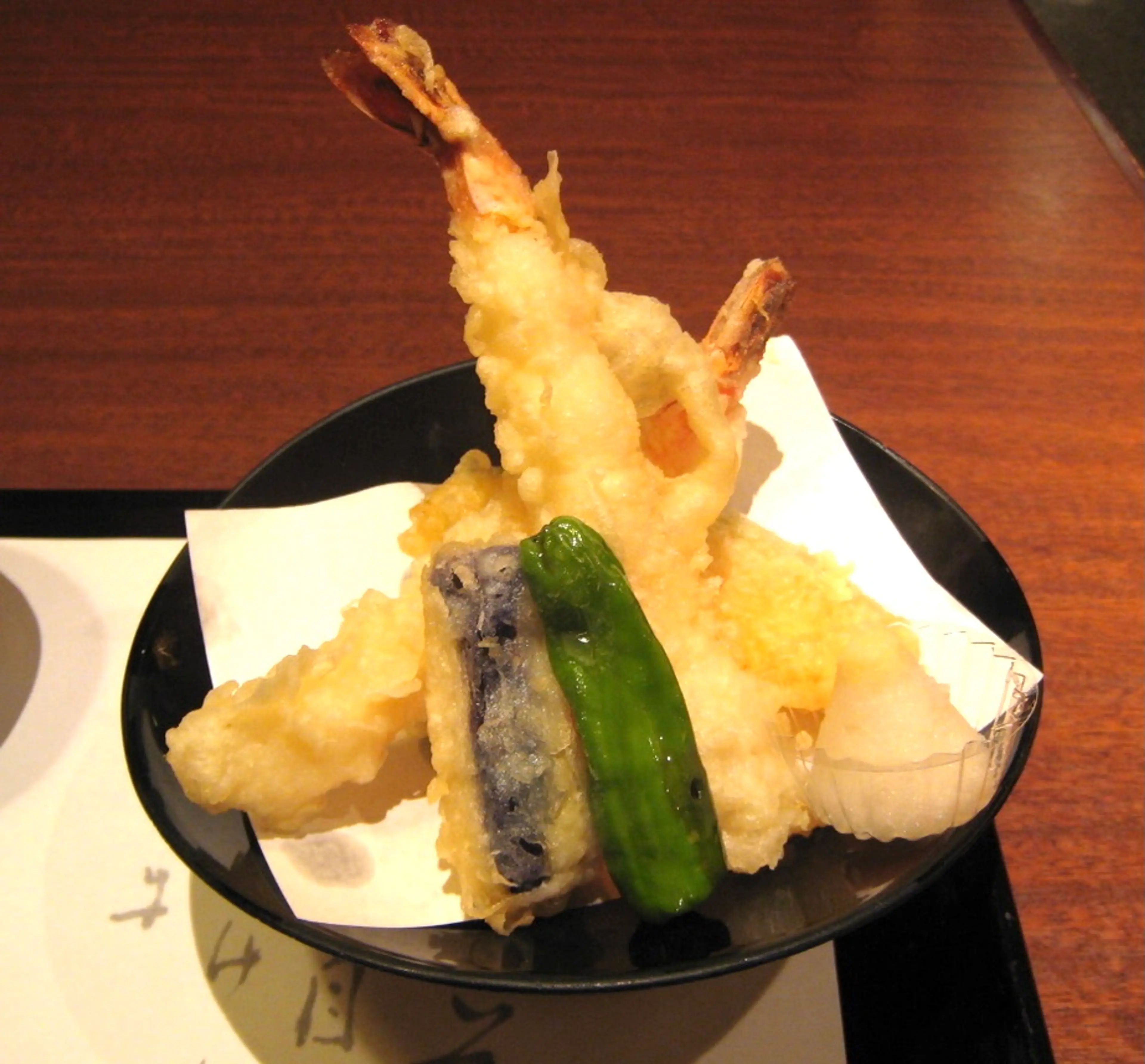
Tempura
Tempura is a Japanese dish usually consisting of seafood or vegetables that have been battered and deep-fried. It's a popular dish in Tokyo.
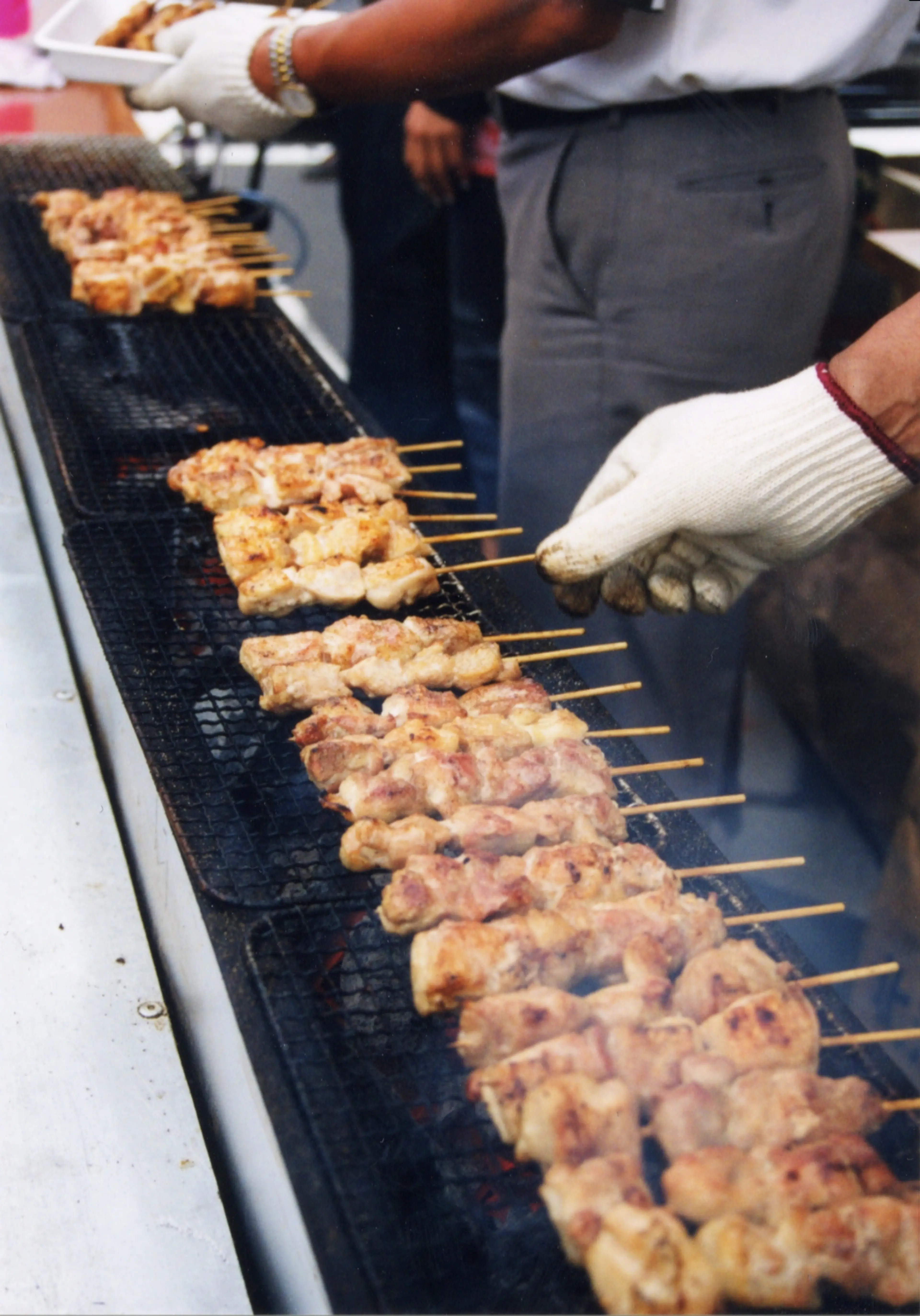
Yakitori
Yakitori is a Japanese type of skewered chicken. It's a popular street food in Tokyo and a must-try for meat lovers.
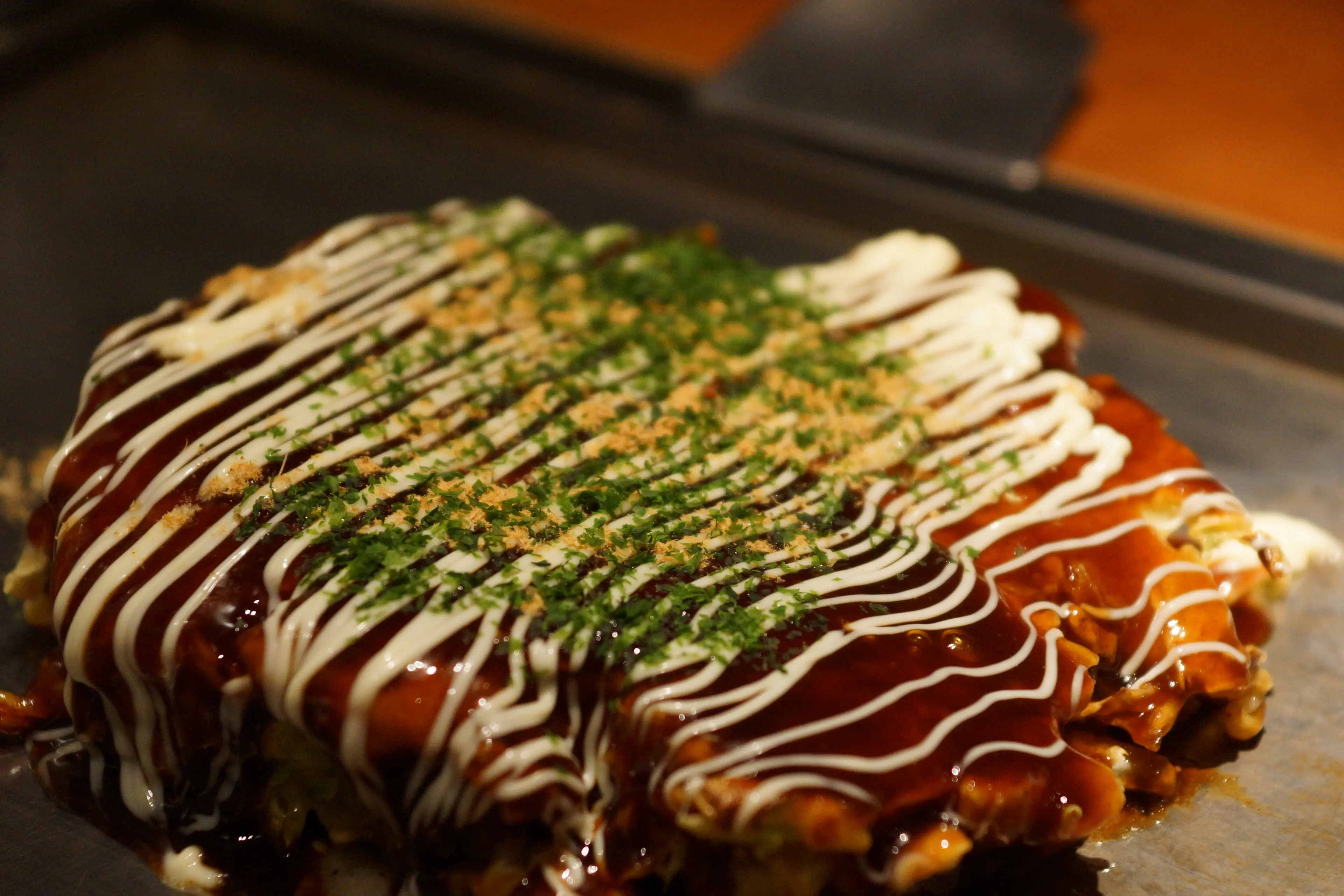
Okonomiyaki
Okonomiyaki is a Japanese savory pancake containing a variety of ingredients. It's a popular comfort food in Tokyo.
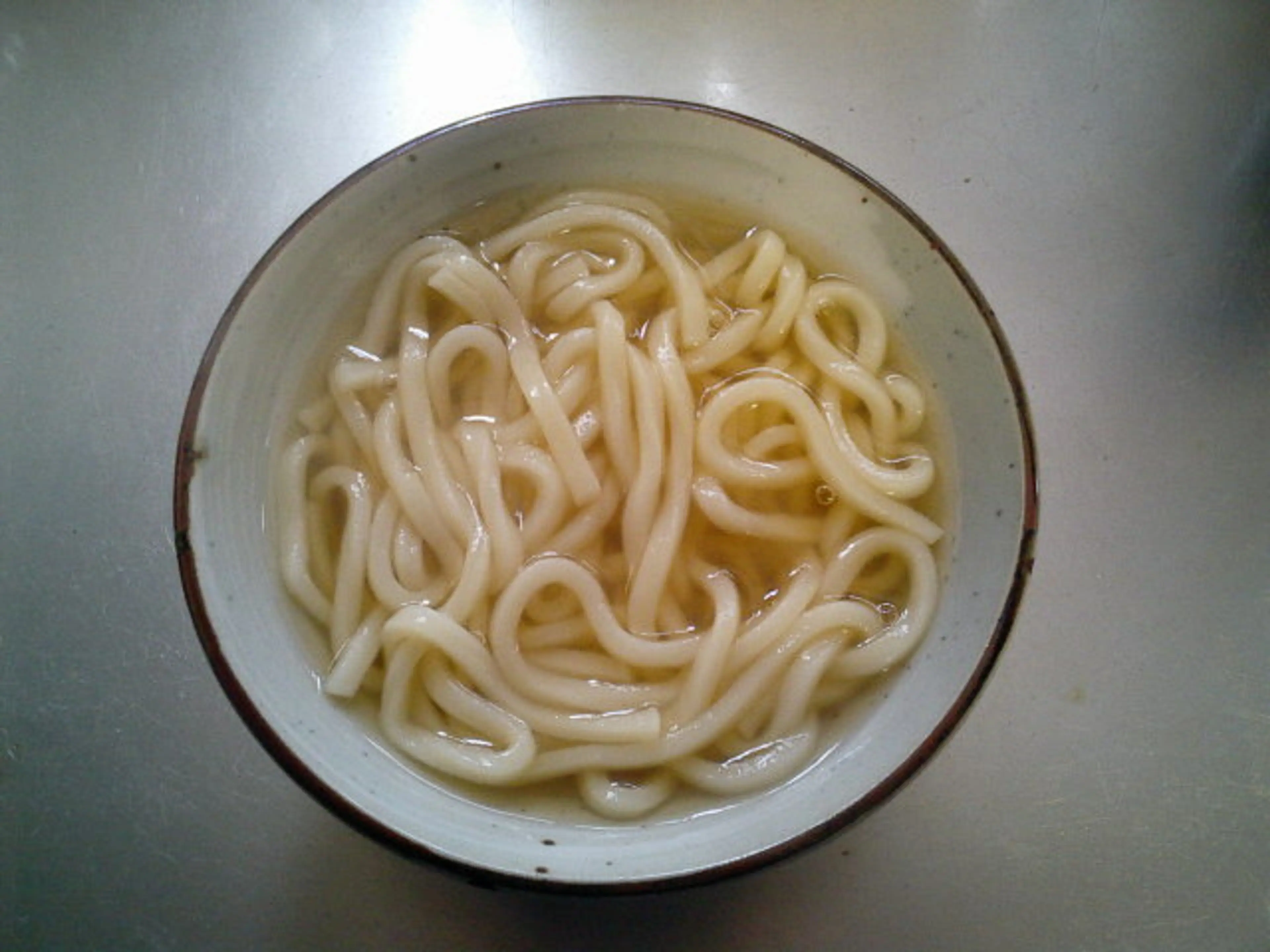
Udon
Udon is a type of thick wheat noodle often served hot as a noodle soup in a mildly flavored broth. It's a popular dish in Tokyo.

Matcha
Matcha is a type of powdered green tea. It's a traditional drink in Japan and a must-try when visiting Tokyo.
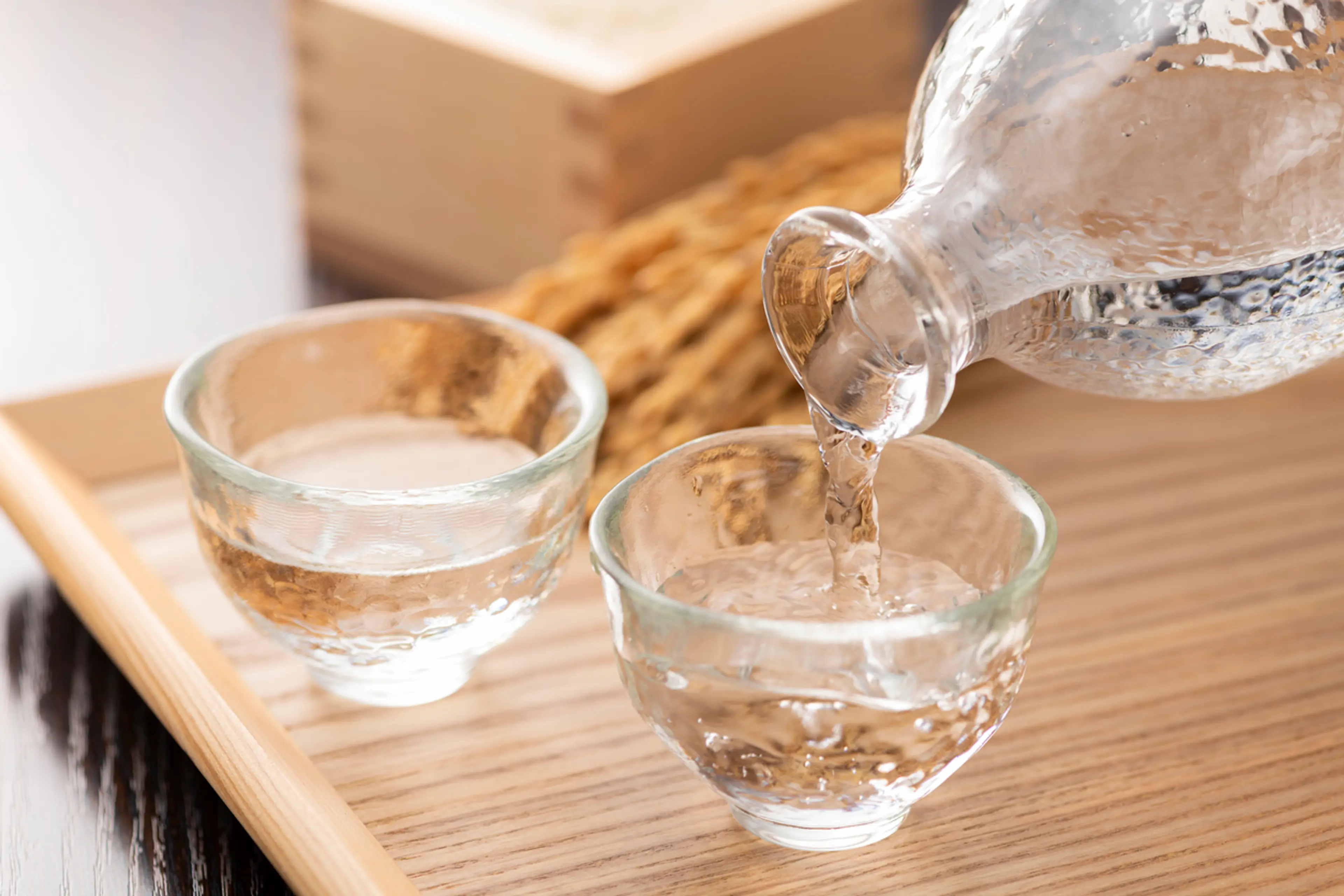
Sake
Sake is a Japanese rice wine made by fermenting rice. It's a popular alcoholic beverage in Tokyo.
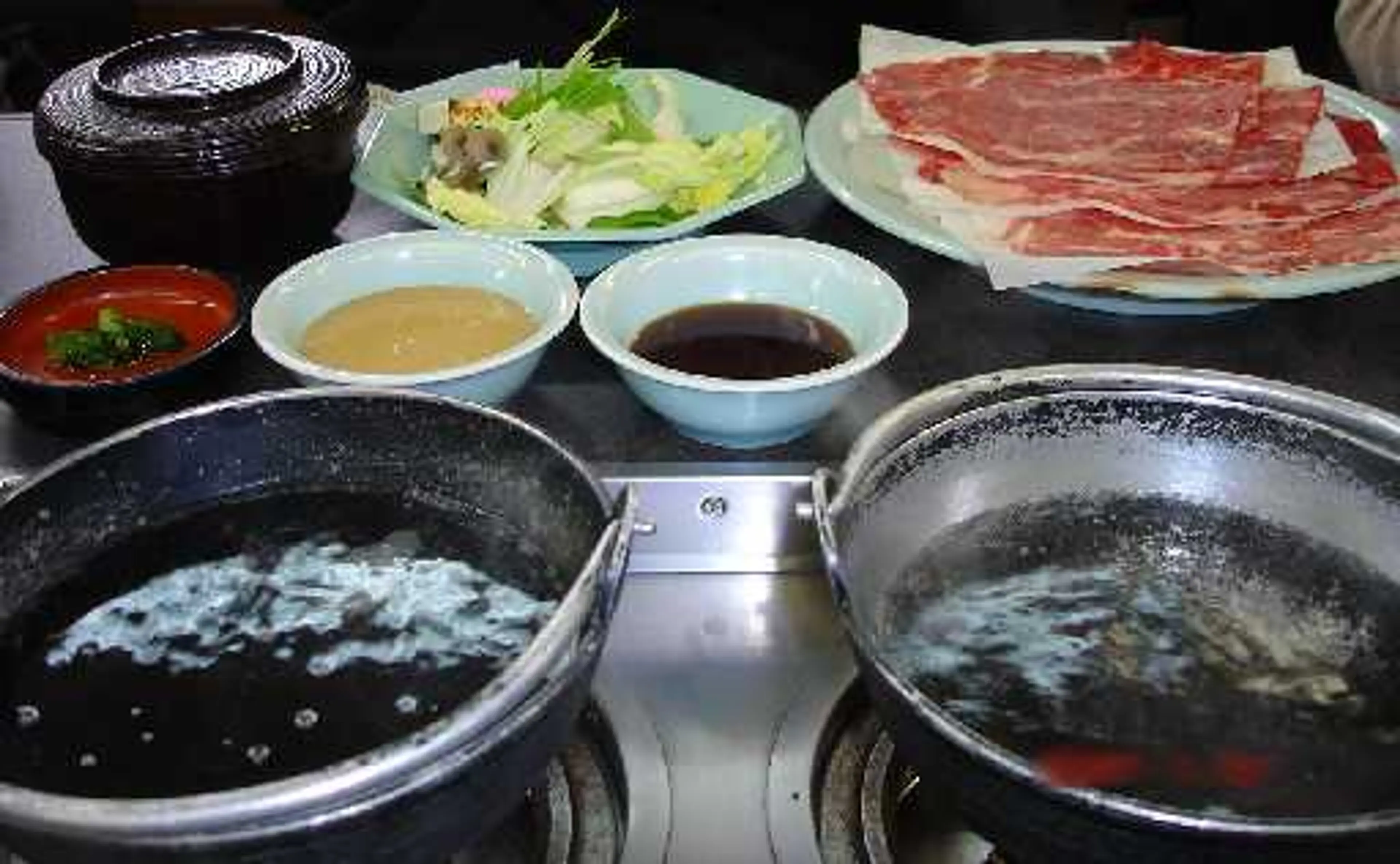
Shabu Shabu
Shabu Shabu is a Japanese hotpot dish of thinly sliced meat and vegetables boiled in water. It's a popular dish in Tokyo.
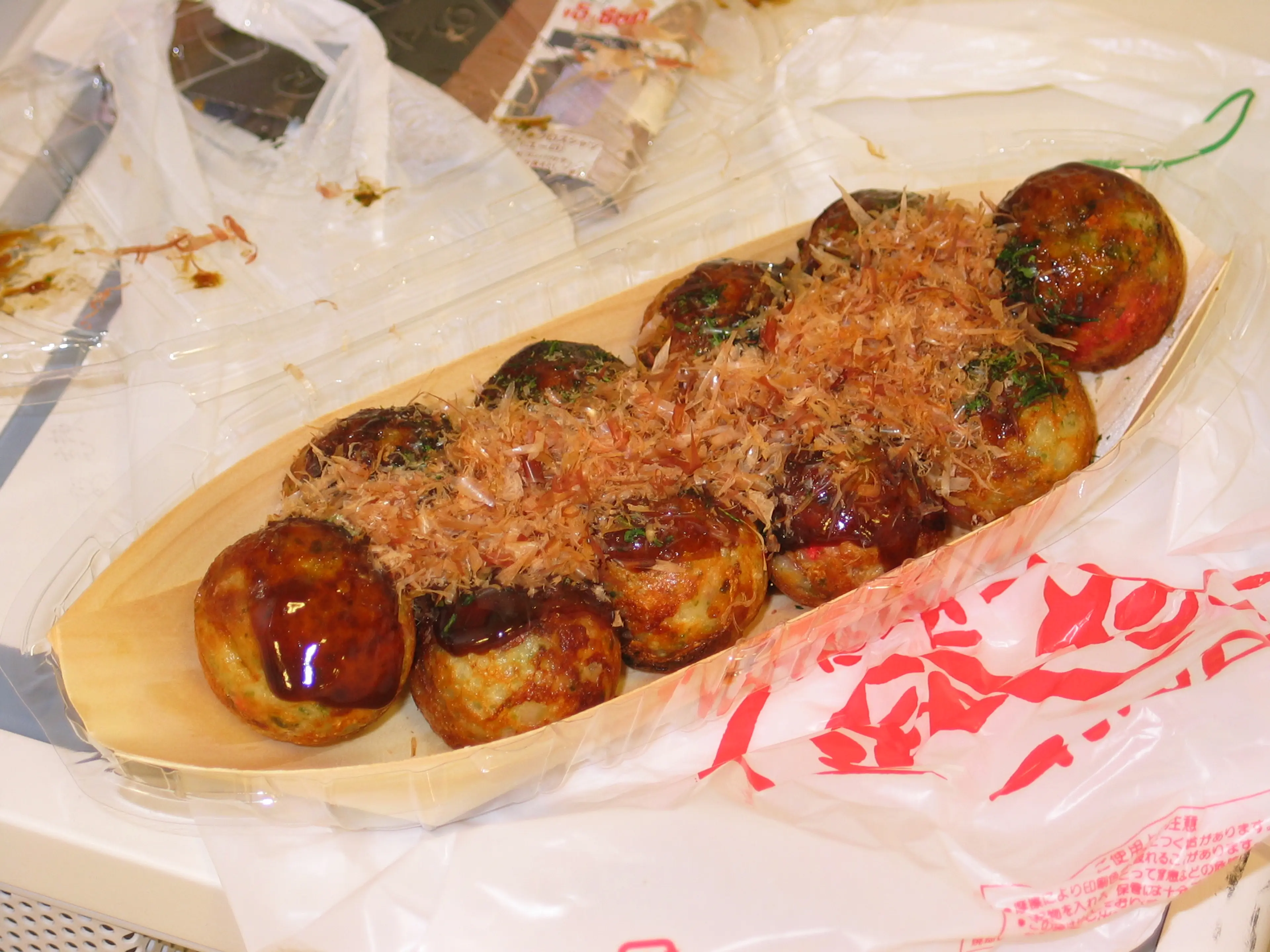
Takoyaki
Takoyaki is a ball-shaped Japanese snack made of a wheat flour-based batter and cooked in a special molded pan. It's filled with minced or diced octopus, tempura scraps, pickled ginger, and green onion. A popular street food in Tokyo.
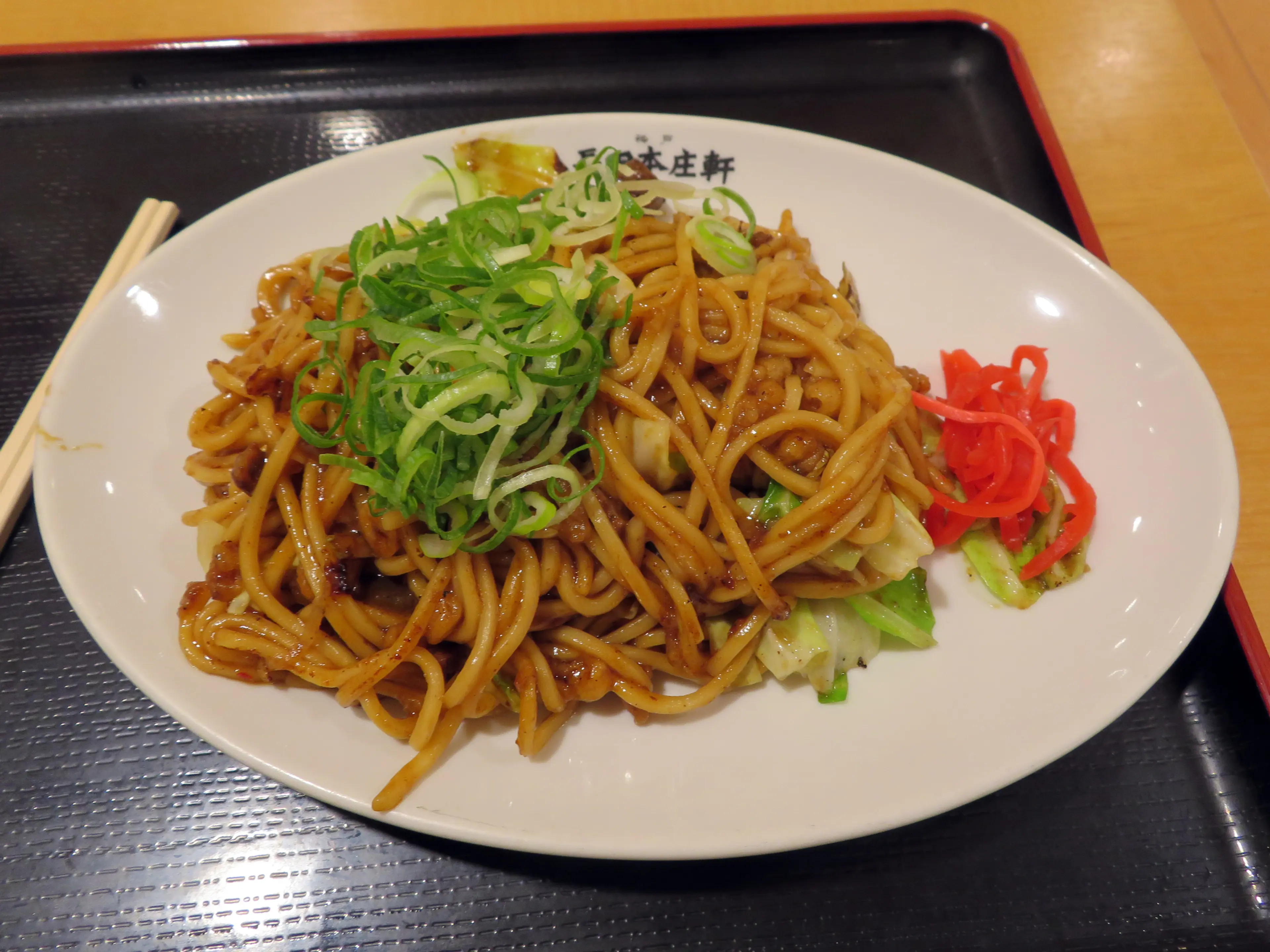
Yakisoba
Yakisoba is a classic Japanese stir fry noodles dish with pork and vegetables, and it’s seasoned with a sweet & savory sauce similar to Worcestershire sauce. It's a popular street food in Tokyo.
Best time to visit
The best time to visit Tokyo, Japan is during the spring (March to May) and autumn (September to November) seasons. During these periods, the weather is generally mild and pleasant, and you can enjoy the beautiful cherry blossoms in spring and vibrant autumn leaves in fall. These seasons also offer a variety of festivals and events. However, it's worth noting that these are also peak tourist seasons, so popular attractions may be crowded. If you prefer a quieter trip, consider visiting in the winter months, when the city is less crowded and you can enjoy winter illuminations and hot springs.
How to get around
JR Yamanote Line
This is a railway loop line in Tokyo, operated by East Japan Railway Company (JR East). It is one of Tokyo's busiest and most important lines, connecting most of Tokyo's major stations and urban centres.
Tokyo Metro
Tokyo Metro is a rapid transit system in Tokyo. It is extensive and efficient, covering most of the city's main areas. It operates from early morning till late at night.
Toei Subway
Operated by the Tokyo Metropolitan Bureau of Transportation, it complements the Tokyo Metro by providing service to areas not covered by the Metro.
Tokyo Monorail
This monorail system connects Haneda Airport with Hamamatsucho Station in central Tokyo.
Bus
Buses in Tokyo are a supplementary means of transport, often used for short distances or to reach destinations not covered by the train network.
Taxi
Taxis are widely available throughout Tokyo. They are convenient but can be expensive for long distances.
Ridesharing
Ridesharing services like Uber are available in Tokyo. However, they operate in a limited capacity, offering only premium black car services.
Bicycle
Tokyo is a bike-friendly city with numerous cycling paths and bike rental services. It's a great way to explore the city at your own pace.
Walk
Walking can be an enjoyable way to get around in Tokyo, especially in areas with heavy pedestrian traffic like Shibuya and Ginza.
Water Bus
Water buses operate on several routes along the Sumida River and Tokyo Bay, offering a different perspective of the city.
Rental Car
Renting a car is not recommended for getting around Tokyo due to heavy traffic, expensive tolls, and scarce parking.
Shinkansen
The Shinkansen, or bullet train, is not used for travel within Tokyo but is an important mode of transport for reaching other cities in Japan from Tokyo.
Important information
Currency¥ JPY
Time zoneUTC+9
Driving sideLeft
Emergency phoneAmbulance: 119; Fire: 119; Police: 110
Drinking waterYes
Power sockets
Voltage100 V
Things to know about Tokyo, Japan as a first time visitor
1
Tokyo is a cash-based society. While credit cards are accepted in many places, it's a good idea to always carry some cash with you.
2
The city is known for its cleanliness. Littering is frowned upon, and you may struggle to find public trash cans.
3
Tokyo's public transportation system is efficient and punctual. Make sure to be on time for your train or bus, as they rarely run late.
4
Tipping is not customary in Japan. In fact, it can sometimes be seen as rude or confusing.
5
Japanese people are generally polite and reserved. Loud or boisterous behavior is often considered disrespectful.
6
Many Tokyo residents do not speak fluent English, so it may be helpful to learn a few basic Japanese phrases.
7
Smoking is not allowed on the streets in many areas of Tokyo. Look for designated smoking areas instead.
8
Tokyo is generally safe, but like any large city, it's important to stay aware of your surroundings and keep an eye on your belongings.
9
The city is very pedestrian-friendly, with well-maintained sidewalks and crosswalks. However, be aware that traffic drives on the left in Japan.
10
Tokyo's tap water is safe to drink, and you'll often be served tap water for free at restaurants.
11
Convenience stores in Tokyo are truly convenient, offering a wide range of services from food and drinks to ATMs and postage.
12
Tokyo can be quite crowded, especially during rush hour. Be prepared for crowded trains and busy streets.
13
The weather in Tokyo can be quite variable. Summers are hot and humid, with temperatures often reaching 86°F (30°C), while winters can be cold, with temperatures dropping to around 36°F (2°C).
14
Public restrooms are readily available and generally very clean. However, some may not provide toilet paper, so it's a good idea to carry some with you.
15
Many restaurants and shops in Tokyo do not open until 10 or 11 am, and many stay open late into the evening.
16
Tokyo is a city of high-tech and tradition. Don't be surprised to see a centuries-old shrine next to a skyscraper.
17
If you're planning to use public transportation frequently, consider getting a prepaid Suica or Pasmo card to make travel more convenient.
18
In Japan, it's customary to bow when greeting someone. The deeper the bow, the more respect is shown.
19
Tokyo is known for its high cost of living. However, there are plenty of affordable dining and shopping options if you know where to look.
20
If you're visiting in spring, don't miss the cherry blossoms. Tokyo has numerous parks and gardens where you can enjoy this beautiful spectacle.
Basic Japanese to know as a first time visitor
English phrase | Native phrase | Pronunciation | When to use it |
|---|---|---|---|
Hello | こんにちは | Kon-ni-chi-wa | Greeting someone |
Goodbye | さようなら | Sa-yo-u-na-ra | Leaving or saying goodbye |
Thank you | ありがとう | A-ri-ga-to-u | Expressing gratitude |
Please | お願いします | O-ne-gai-shi-masu | Making a request |
Excuse me | すみません | Su-mi-ma-sen | Getting attention or apologizing |
Yes | はい | Hai | Affirming or agreeing |
No | いいえ | Ii-e | Denying or disagreeing |
I don't understand | わかりません | Wa-ka-ri-ma-sen | When you don't understand something |
Do you speak English? | 英語を話せますか? | Ei-go o ha-na-se-ma-su ka? | Asking if someone speaks English |
I'm sorry | ごめんなさい | Go-men-na-sai | Apologizing |
Where is the bathroom? | トイレはどこですか? | To-i-re wa do-ko de-su ka? | Asking for the location of the bathroom |
How much? | いくらですか? | I-ku-ra de-su ka? | Asking the price of something |
Help! | 助けて! | Ta-su-ke-te! | In an emergency or when in need of help |
I'm lost | 迷子です | Ma-i-go de-su | When you are lost |
Can I have the menu, please? | メニューをください | Me-nyu- o ku-da-sai | Asking for the menu in a restaurant |
Water, please | 水をください | Mi-zu o ku-da-sai | Asking for water |
Check, please | 勘定お願いします | Kan-jo-u o-ne-gai-shi-masu | Asking for the bill in a restaurant |
Good night | おやすみなさい | O-ya-su-mi-na-sai | Saying goodnight |
Where is...? | ...はどこですか? | ...wa do-ko de-su ka? | Asking for a location |
I would like... | ...が欲しいです | ...ga ho-shi-i de-su | Expressing a desire for something |
Packing List
Clothing
Underwear (5 pairs)
Socks (5 pairs)
T-shirts (5)
Pants/Jeans (2 pairs)
Sweater or Jacket (1)
Sleepwear (1 set)
Comfortable walking shoes (1 pair)
Rain jacket or umbrella
Swimwear (if planning to use a public bath or hot spring)
Toiletries
Toothbrush and toothpaste
Deodorant
Razor and shaving cream
Shampoo and conditioner
Body wash or soap
Hairbrush or comb
Makeup and makeup remover
Sunscreen
Prescription medications
Travel-size first aid kit
Travel documents and essentials
Passport
Driver's license or other ID
Credit and debit cards
Cash (Japanese yen)
Hotel and travel confirmations
Travel insurance documents
Emergency contacts and addresses
Guidebook or map
Electronics and gadgets
Smartphone
Charger for smartphone
Universal power adapter
Headphones
Camera
Charger for camera
Portable power bank
Miscellaneous items
Travel pillow
Earplugs and eye mask
Snacks
Water bottle
Travel-size laundry detergent
Ziplock bags for organization
Travel lock for luggage
Japanese phrasebook or translation app
Weather Conditions
When planning a trip to Tokyo, Japan, it's important to consider the city's climate to ensure you pack appropriately and plan your activities accordingly. Tokyo experiences a humid subtropical climate with four distinct seasons. Spring (March to May) is a beautiful time to visit Tokyo, with temperatures ranging from 50°F to 70°F (10°C to 21°C). This is also the season of cherry blossoms, a must-see spectacle. However, it can be quite crowded due to the influx of tourists, so be prepared for that. Summer (June to August) can be quite hot and humid, with temperatures often exceeding 80°F (27°C). This is also the season of the rainy period known as Tsuyu, which usually occurs in early summer. So, if you're visiting during this time, don't forget to pack a good quality umbrella and breathable clothing. Autumn (September to November) is another great time to visit Tokyo. The temperatures are comfortable, ranging from 60°F to 75°F (15°C to 24°C), and the city is adorned with beautiful fall foliage. Winter (December to February) in Tokyo is relatively mild compared to other regions of Japan, with temperatures ranging from 35°F to 50°F (2°C to 10°C). Snowfall is rare but possible. If you're visiting during this time, be sure to pack warm clothing. Regardless of the season, it's always a good idea to check the weather forecast before your trip to make any necessary adjustments to your packing list. Also, keep in mind that Tokyo is a bustling city with lots of walking, so comfortable footwear is a must, regardless of the weather. Lastly, remember that the weather can change quickly, so it's always a good idea to carry a light jacket or umbrella, even if the day starts out sunny. Enjoy your trip to Tokyo!
| Month | Hi / Lo (°C) | Weather Overview |
|---|---|---|
January | 10° / 0° | January is the coldest month in Tokyo, with occasional snowfall. It's a great time to visit if you enjoy winter scenery and less crowded tourist spots. |
February | 11° / 1° | February is still quite cold, but the snowfall is less frequent. The plum blossoms start to bloom towards the end of the month, offering beautiful scenery. |
March | 14° / 4° | March sees the start of spring, with temperatures gradually rising. The cherry blossoms start to bloom, making it a popular time for tourists. |
April | 19° / 9° | April is a pleasant month with mild temperatures. The cherry blossoms are in full bloom, creating a picturesque landscape. |
May | 24° / 14° | May is warm and comfortable, with plenty of sunshine. It's a great time to explore the city and its parks. |
June | 28° / 18° | June is the start of the rainy season, with high humidity. Despite the rain, it's a good time to visit indoor attractions like museums and shopping centers. |
July | 32° / 22° | July is hot and humid, with frequent rain showers. It's a great time to visit the beaches and enjoy the summer festivals. |
August | 34° / 24° | August is the hottest month, with high humidity. Despite the heat, it's a popular time for traditional summer festivals and fireworks. |
September | 30° / 20° | September is still quite warm, but the humidity starts to decrease. It's a great time to visit as the autumn leaves start to change color. |
October | 24° / 14° | October offers comfortable temperatures and beautiful autumn foliage. It's a great time to explore the city and its parks. |
November | 18° / 8° | November is a cool and comfortable month. The autumn leaves are in full bloom, making it a popular time for tourists. |
December | 13° / 3° | December is a cool month with less rainfall. It's a great time to enjoy the winter illuminations and end-of-year festivities. |
Did you know?
Places near by Tokyo, Japan
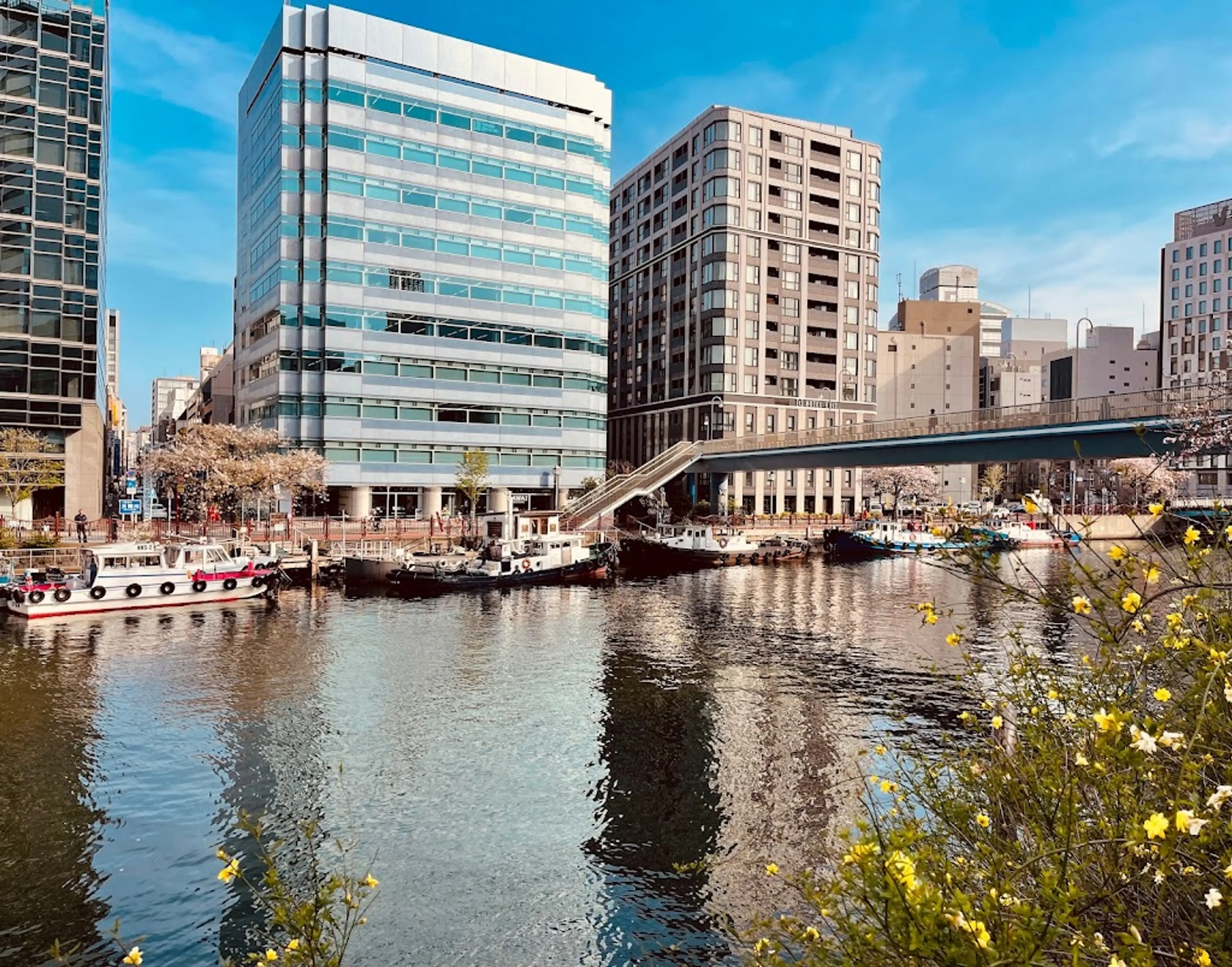
Yokohama
Japan's second-largest city with a waterfront district, Chinatown and a beautiful park.
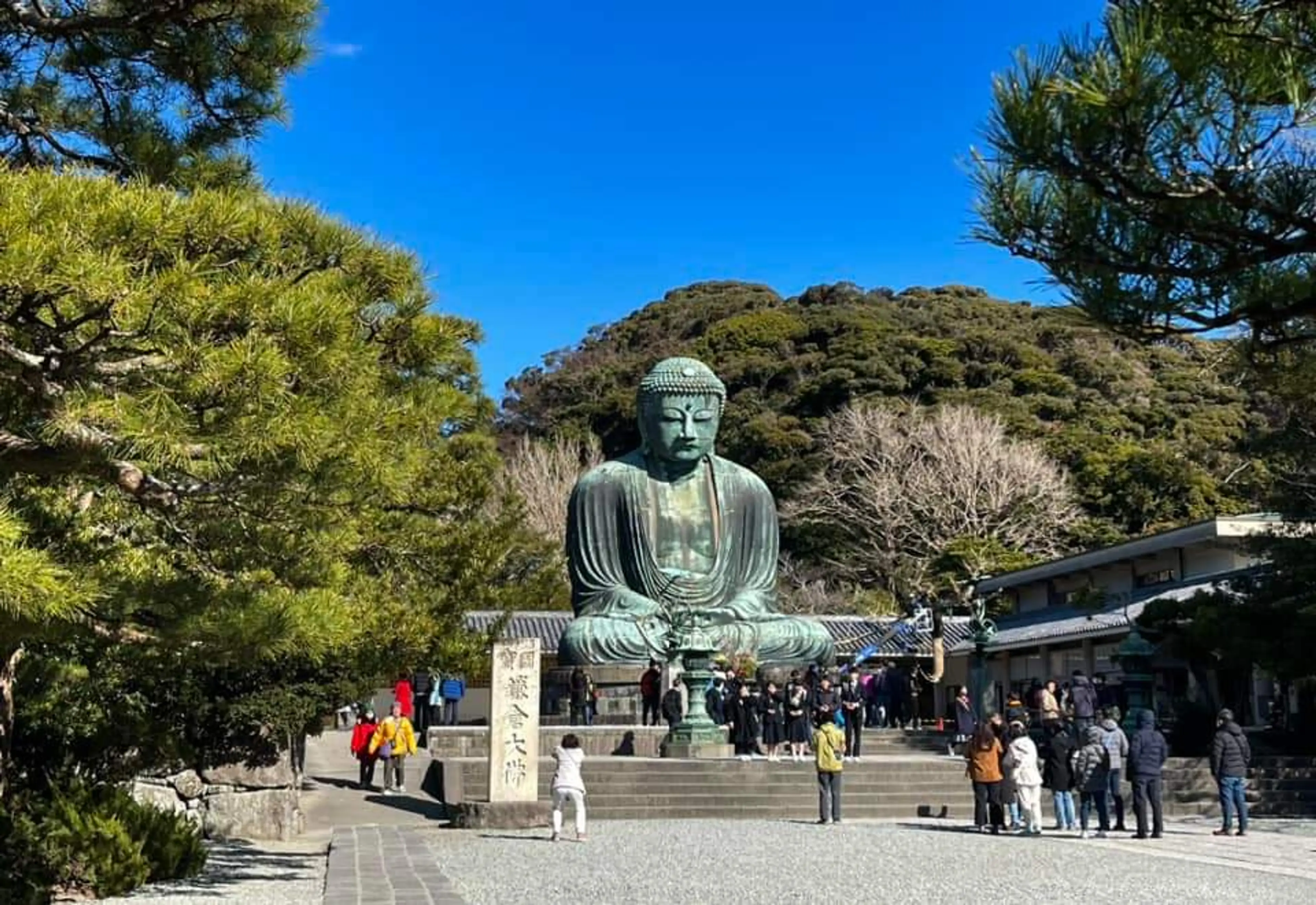
Kamakura
A coastal town known for its giant Buddha statue and beautiful temples and shrines.
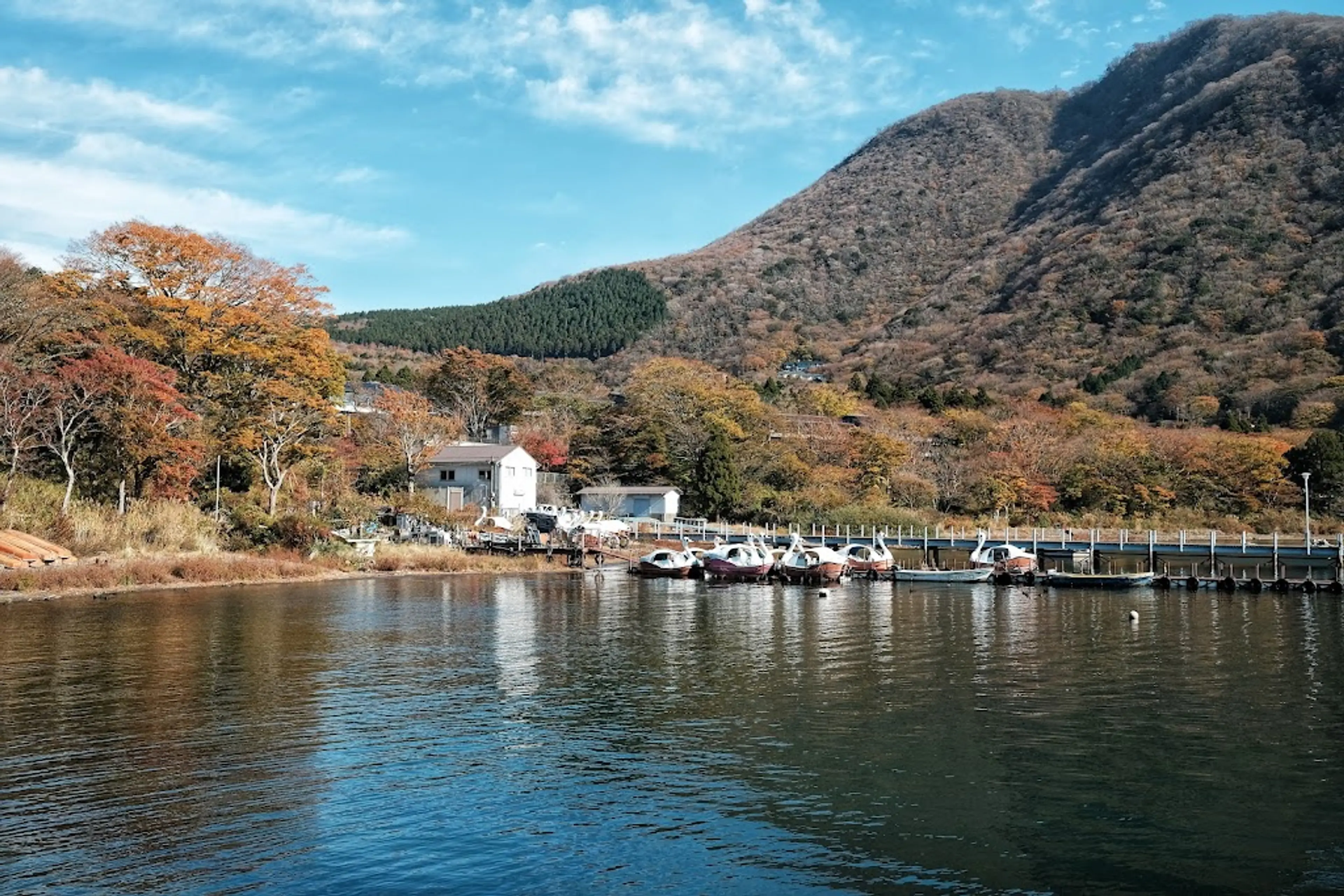
Hakone
Famous for its hot springs, natural beauty and the view of nearby Mt. Fuji.
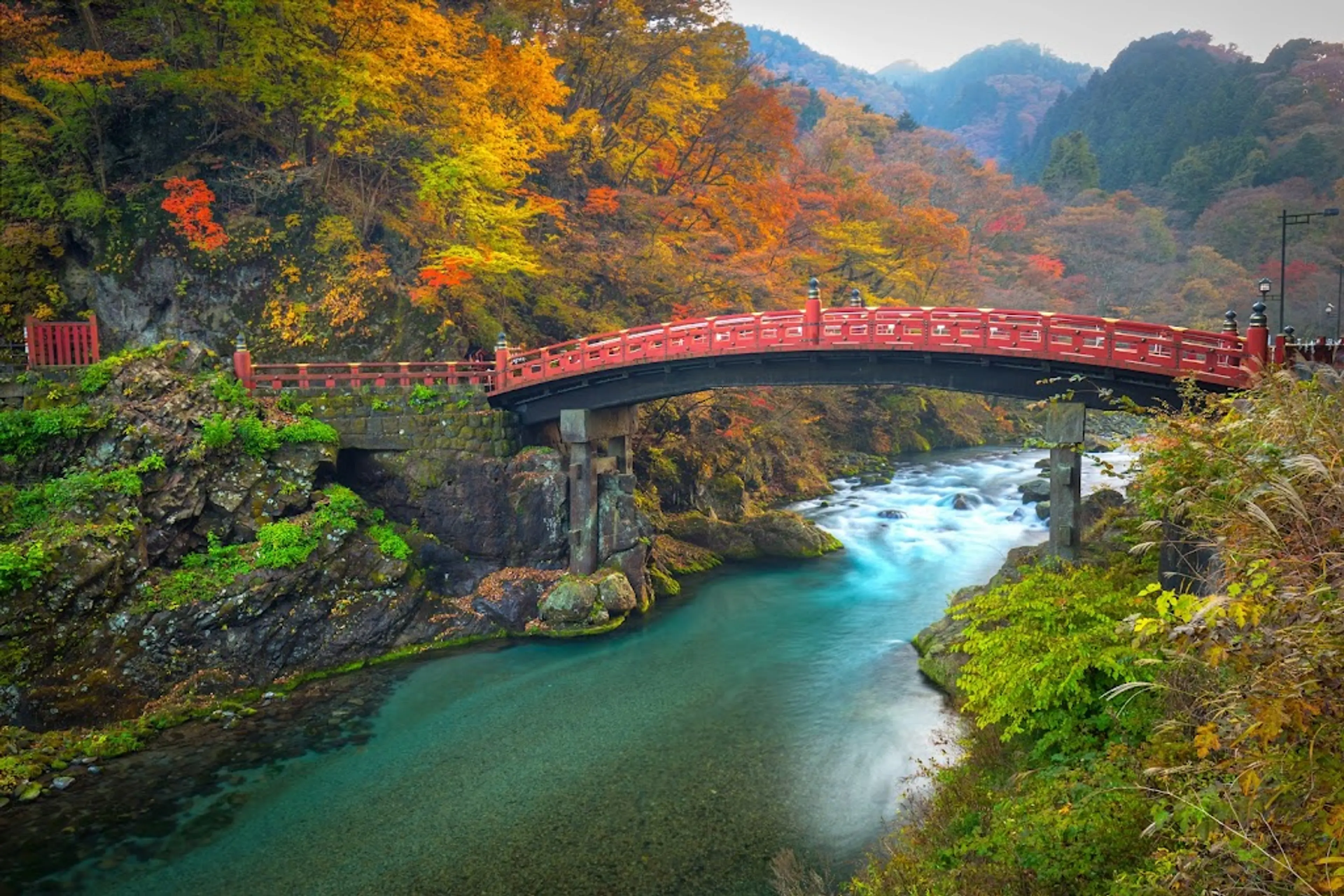
Nikko
Known for its ornate shrines and beautiful natural surroundings.
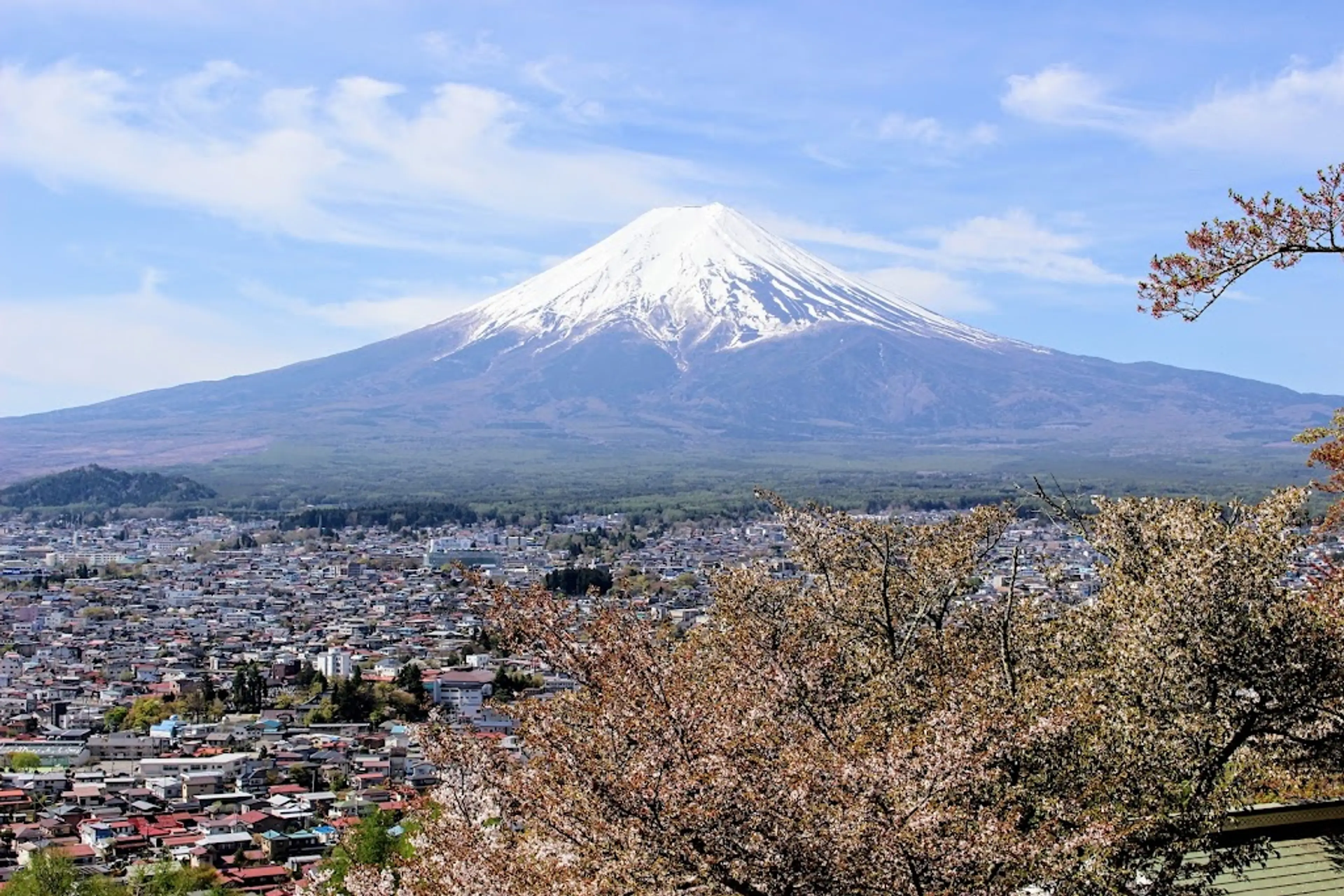
Mount Fuji
Japan's highest mountain and a popular climbing destination.
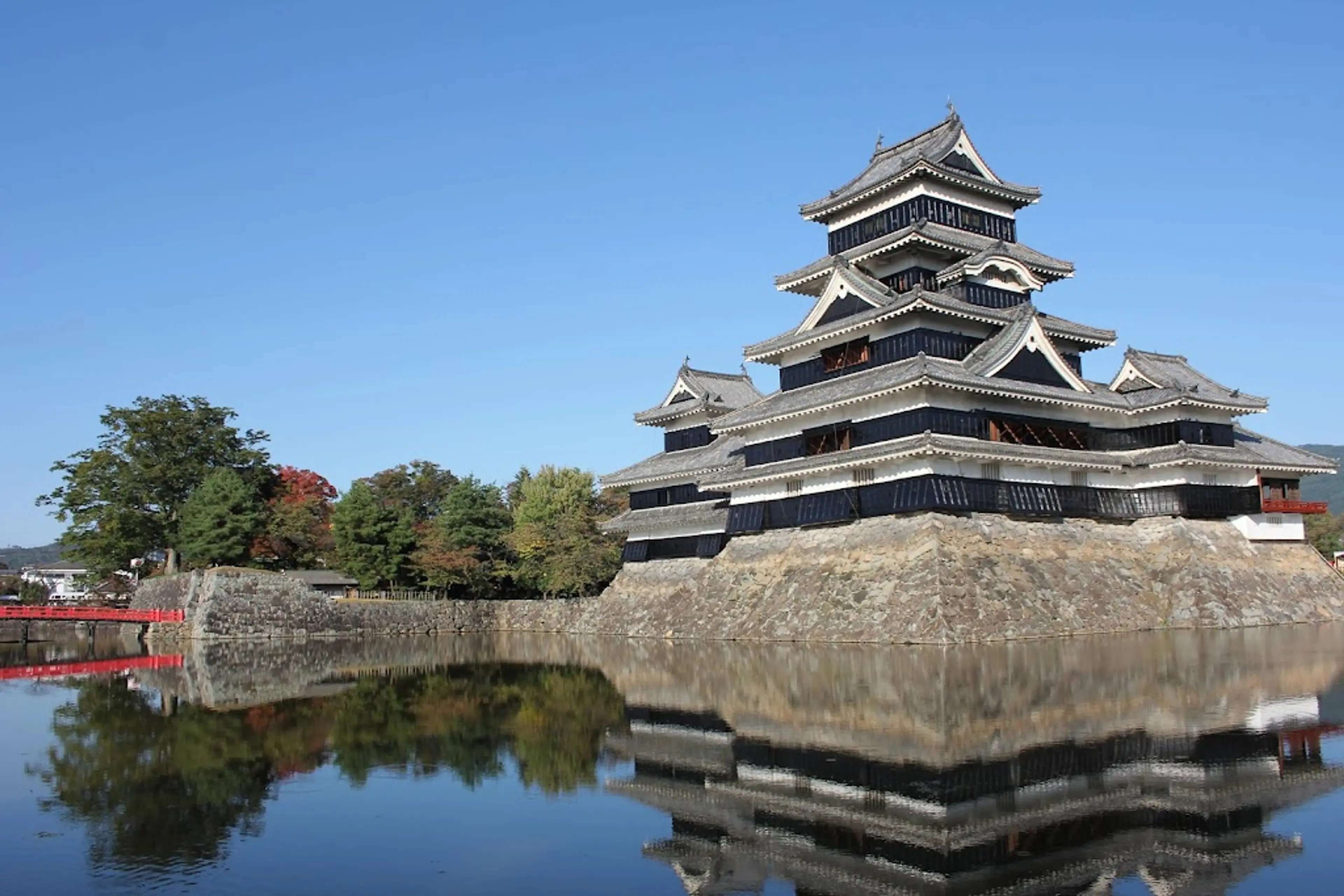
Matsumoto
Home to one of Japan's most beautiful original castles.
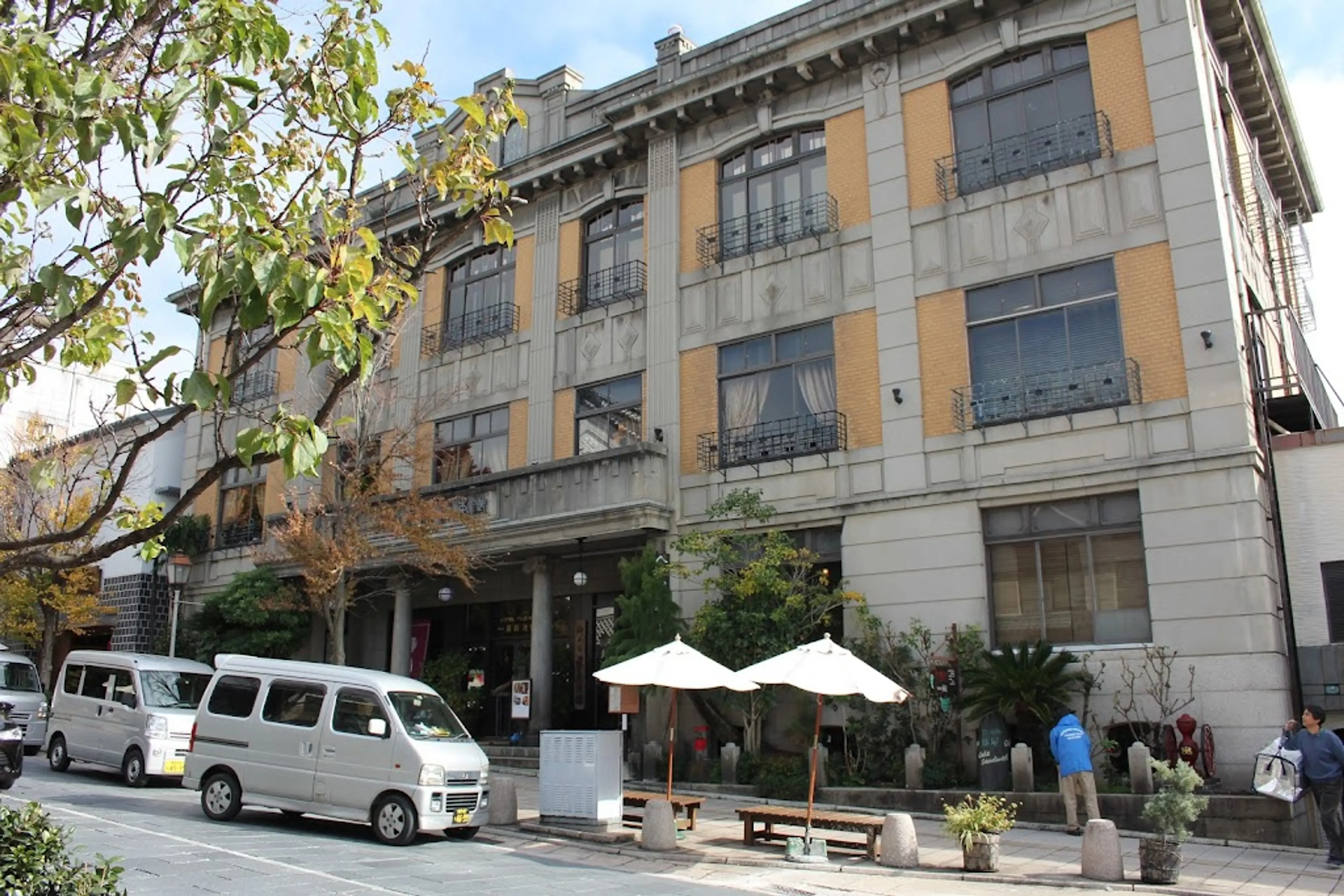
Nagano
Known for its historic temples and the nearby ski resorts.
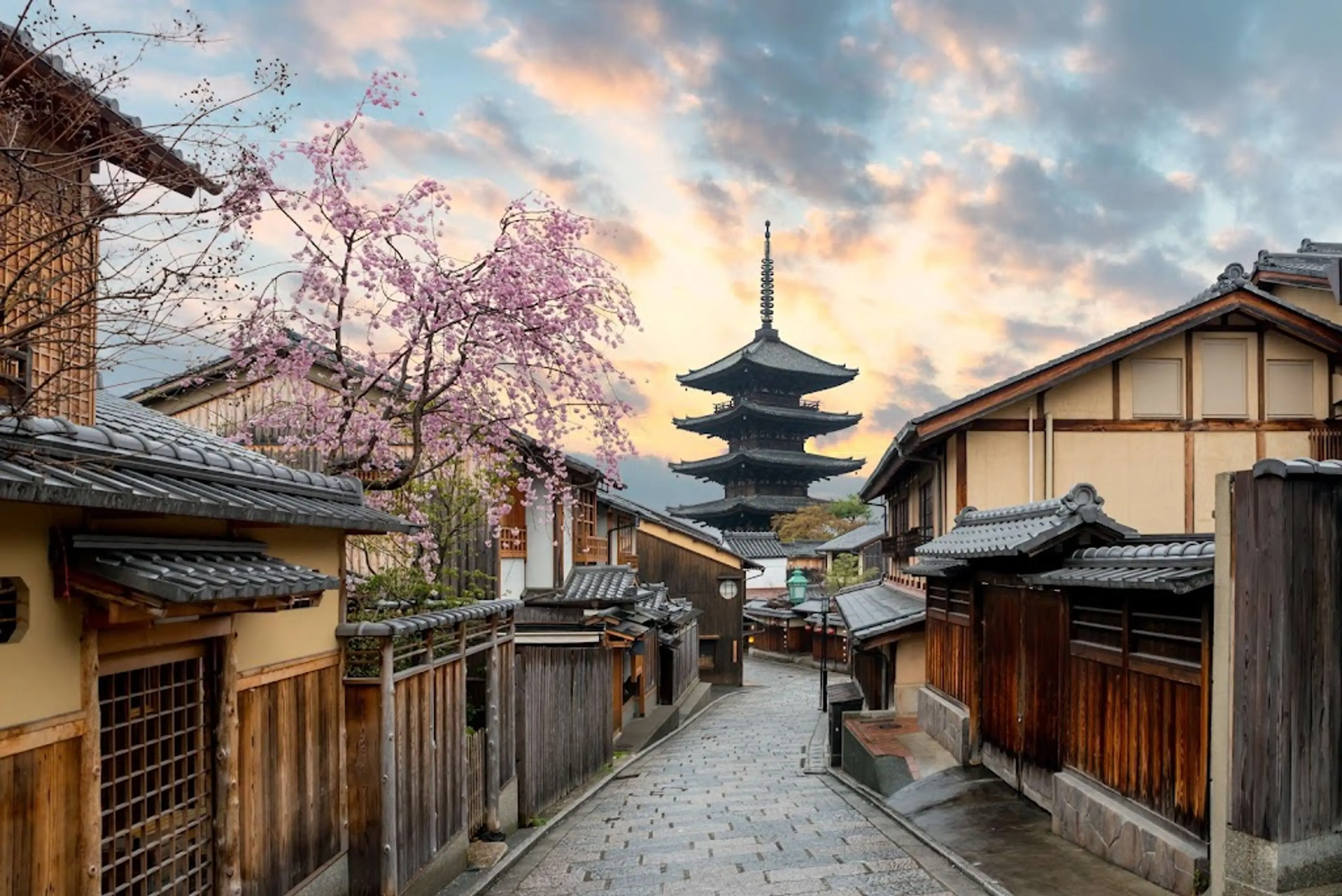
Kyoto
Famous for its numerous classical Buddhist temples, gardens, imperial palaces, Shinto shrines, and traditional wooden houses.
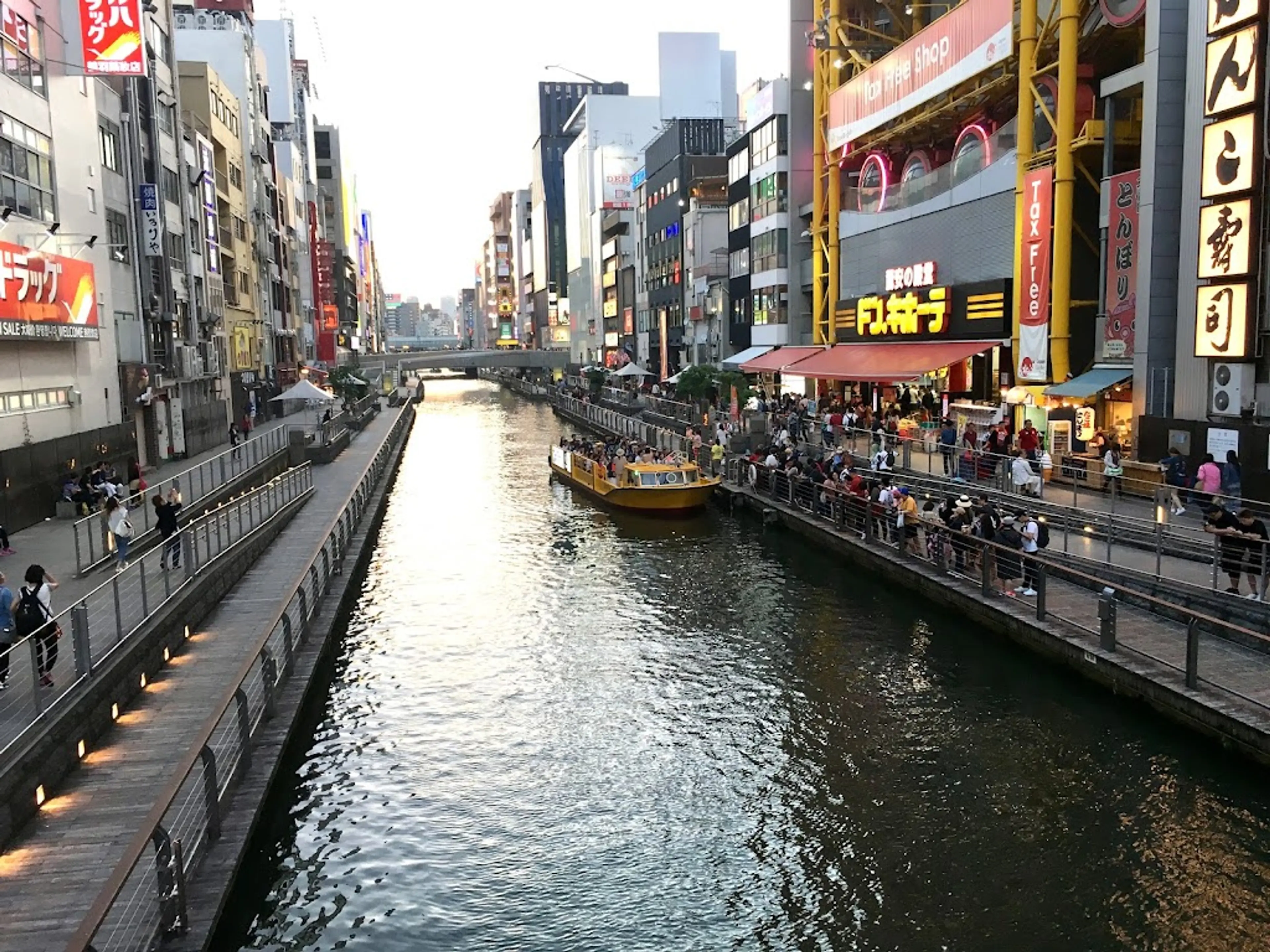
Osaka
Known for its modern architecture, nightlife, and hearty street food.
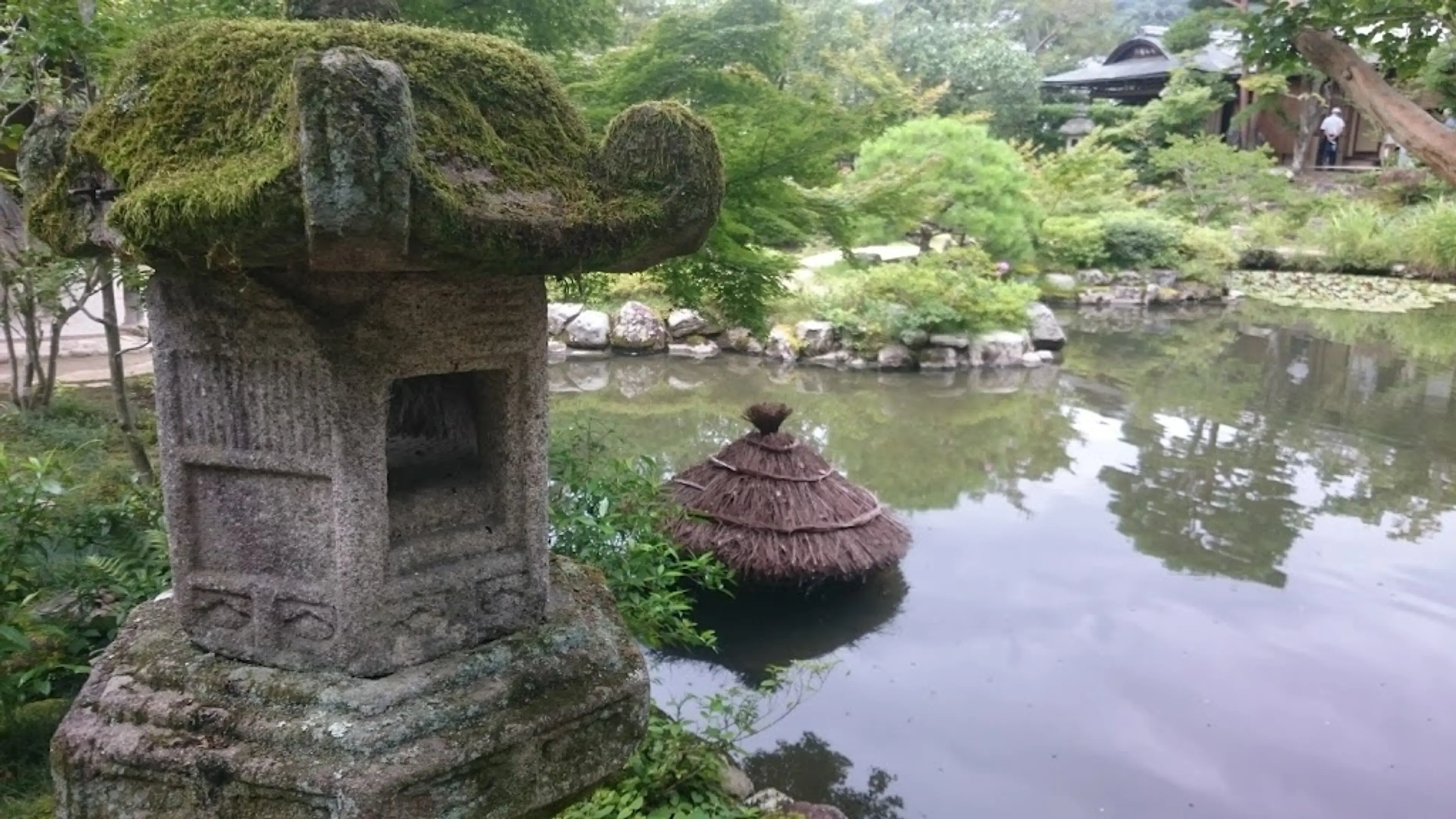
Nara
Japan's first permanent capital, it is home to many historic treasures, including some of Japan's oldest and largest temples.
